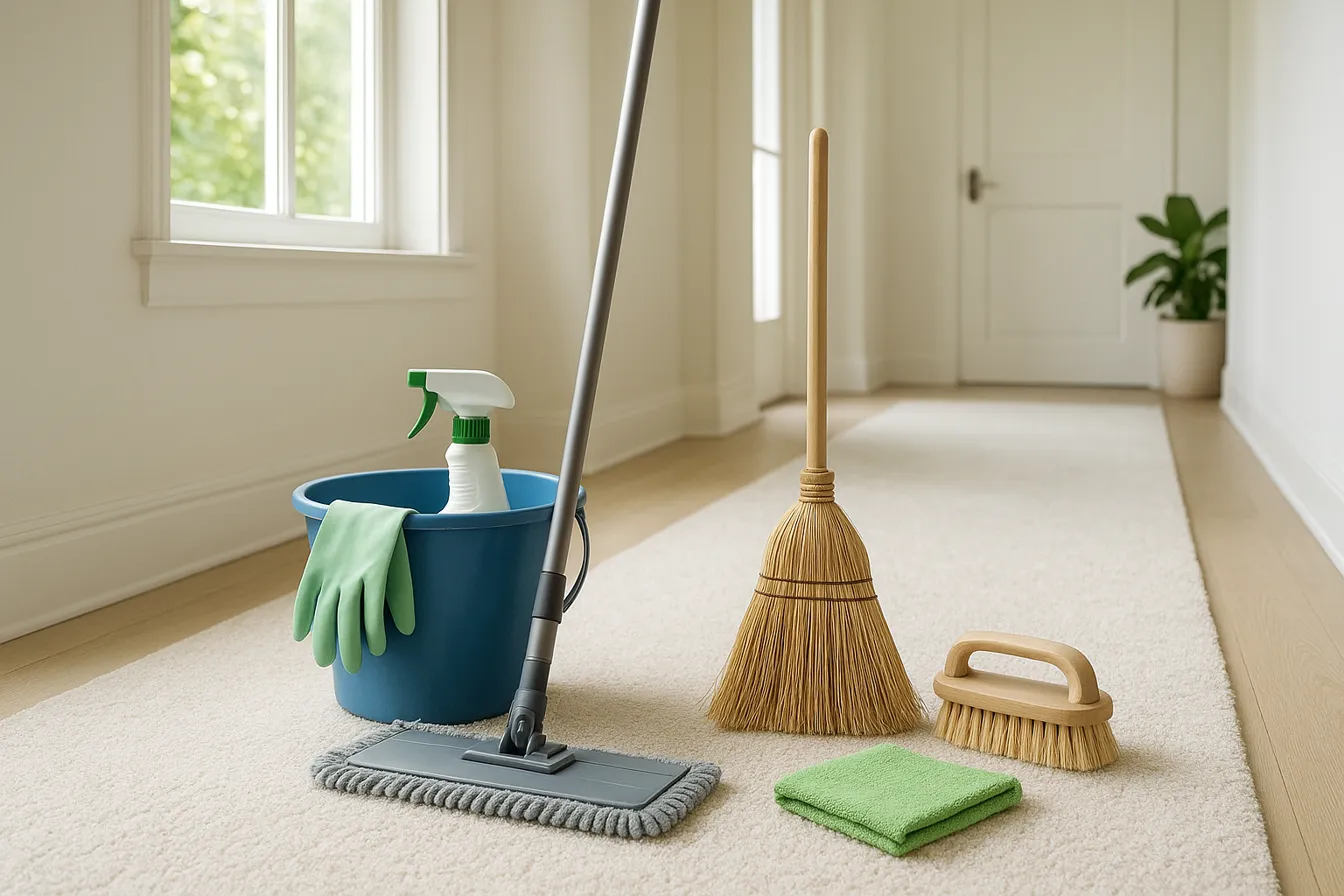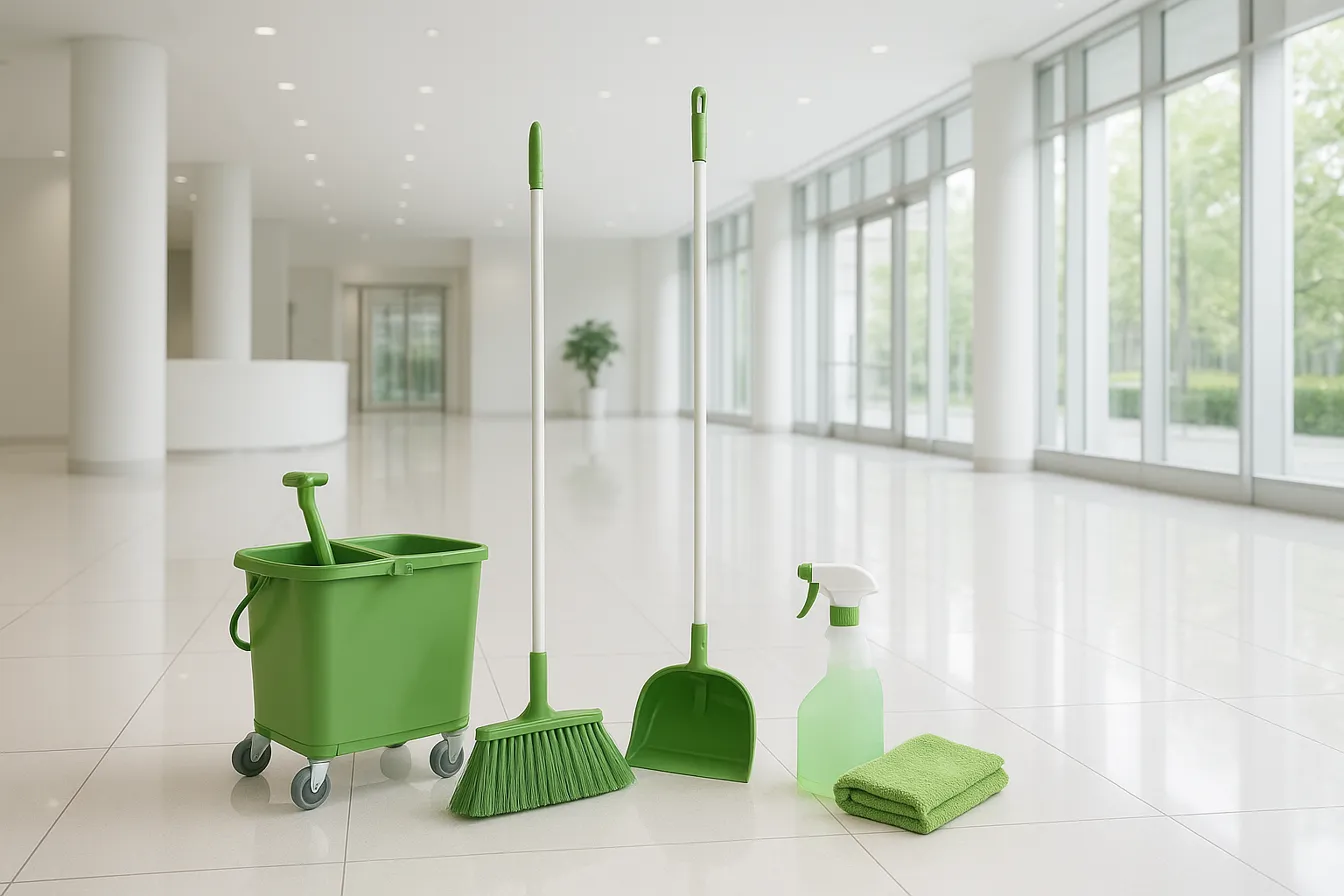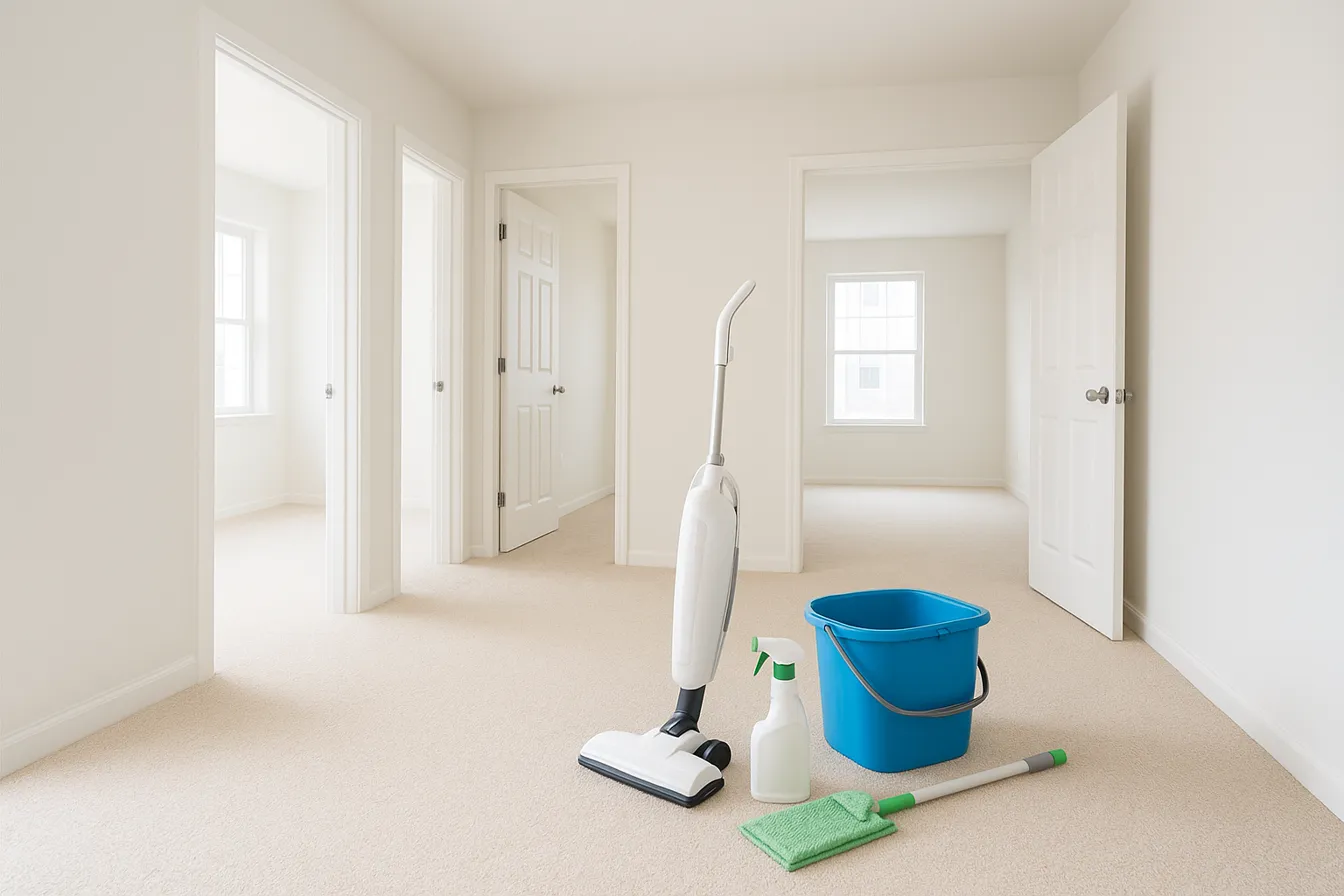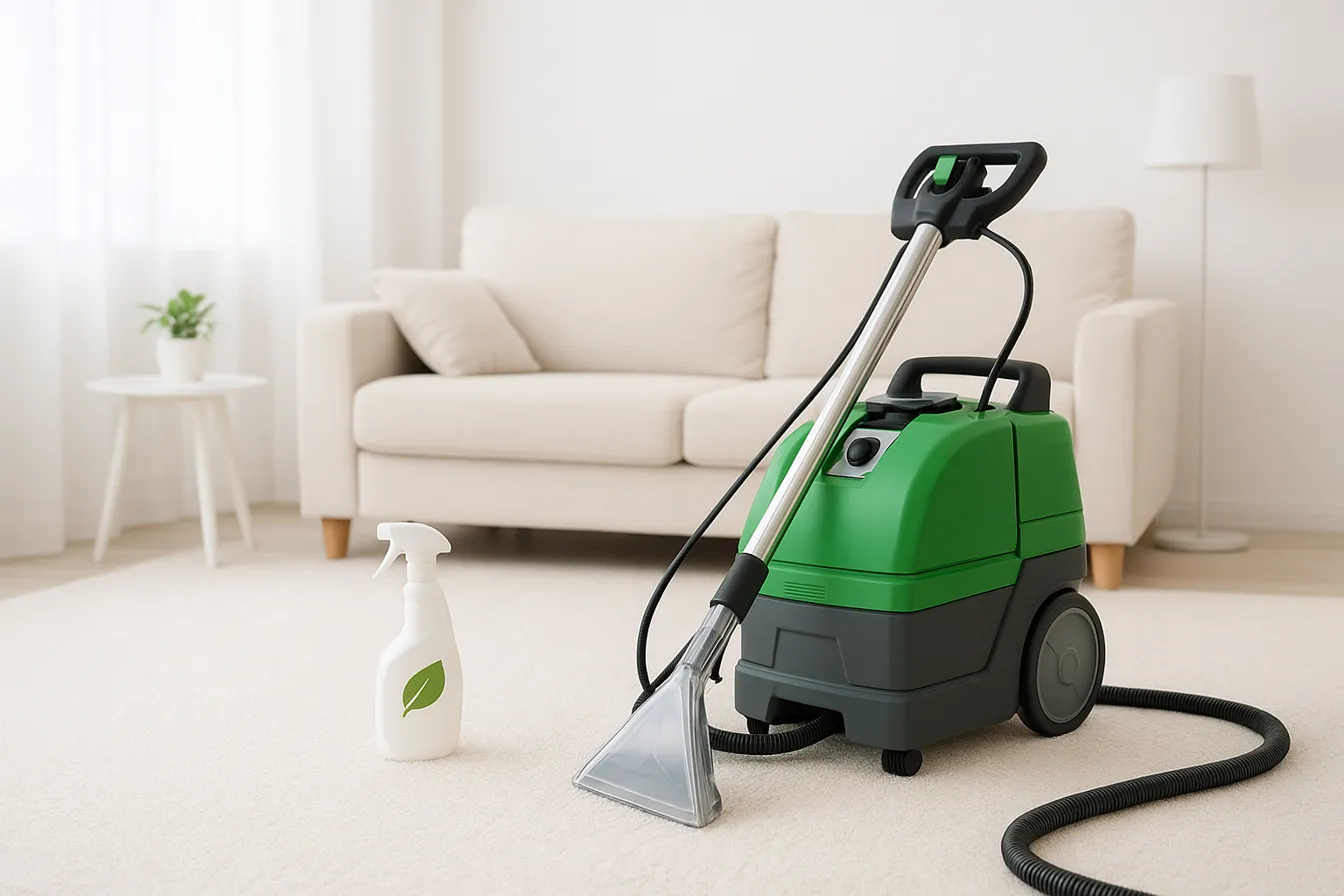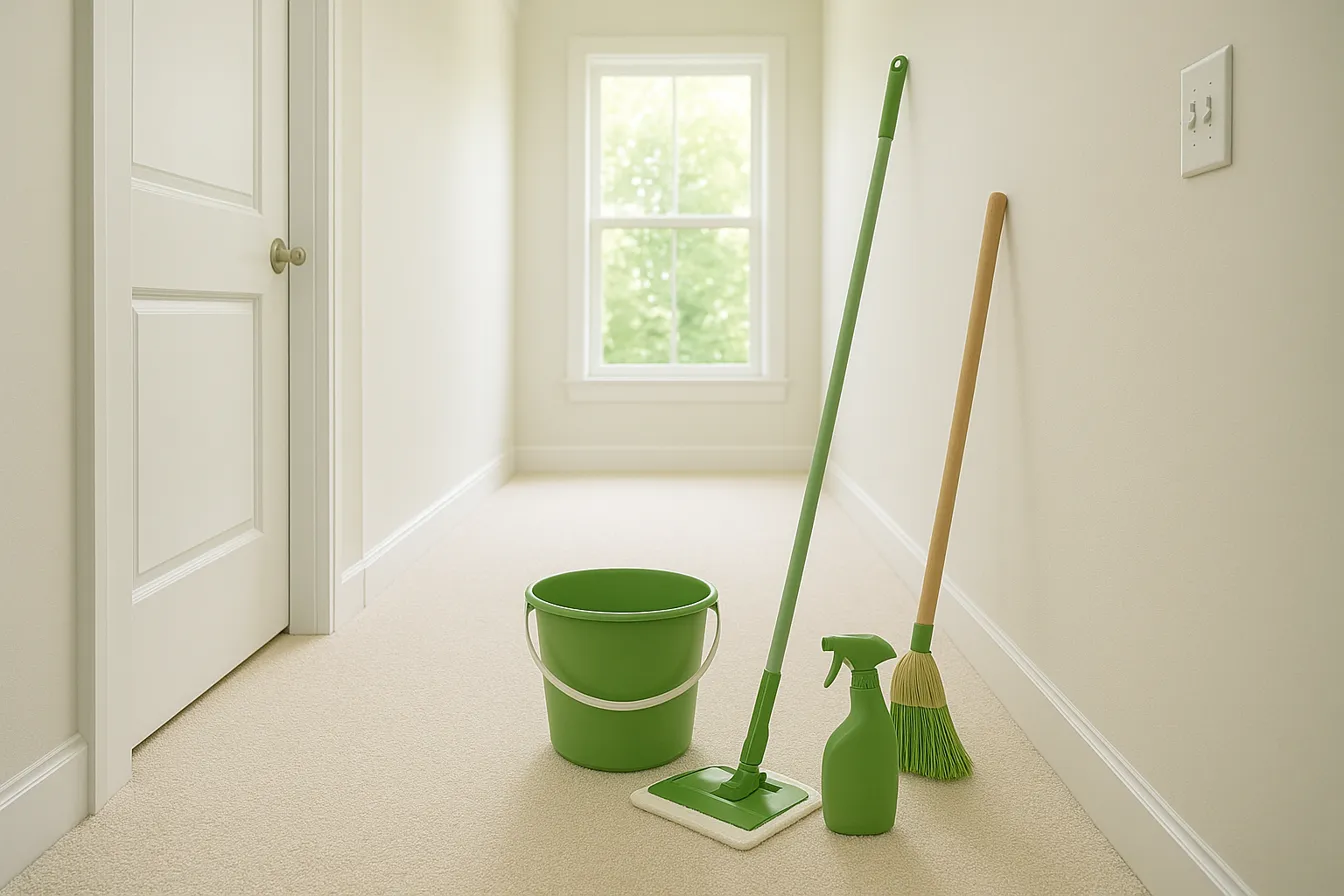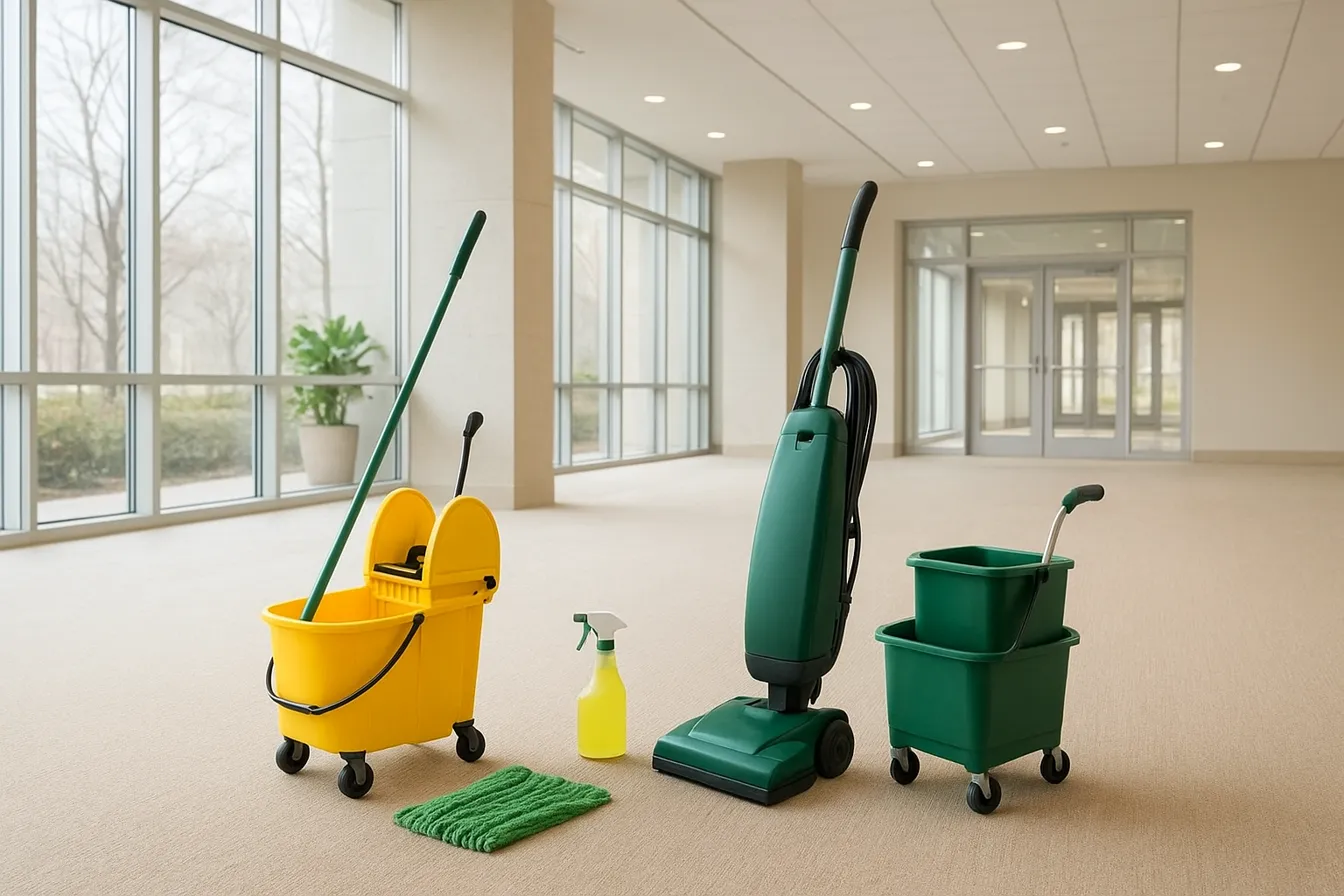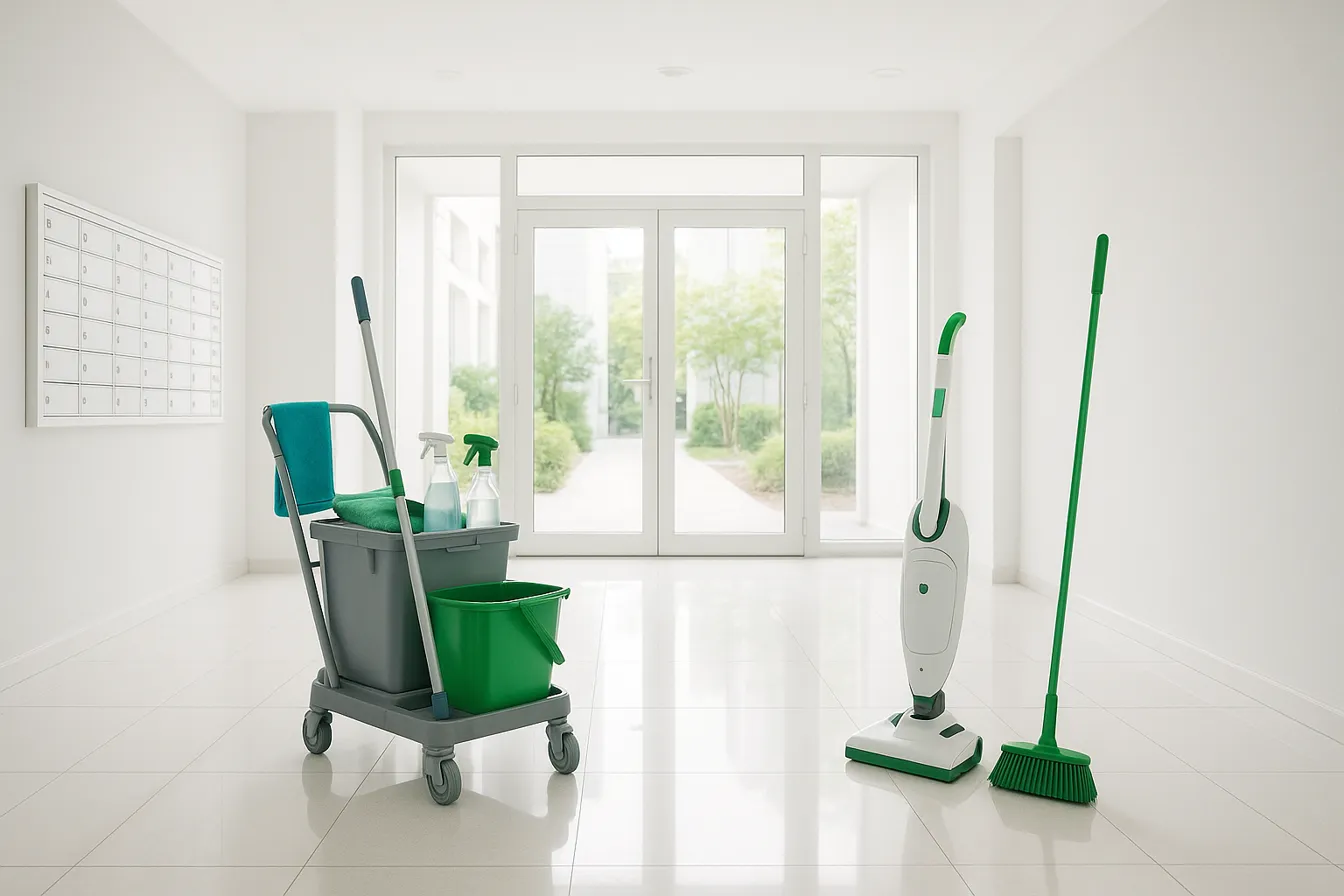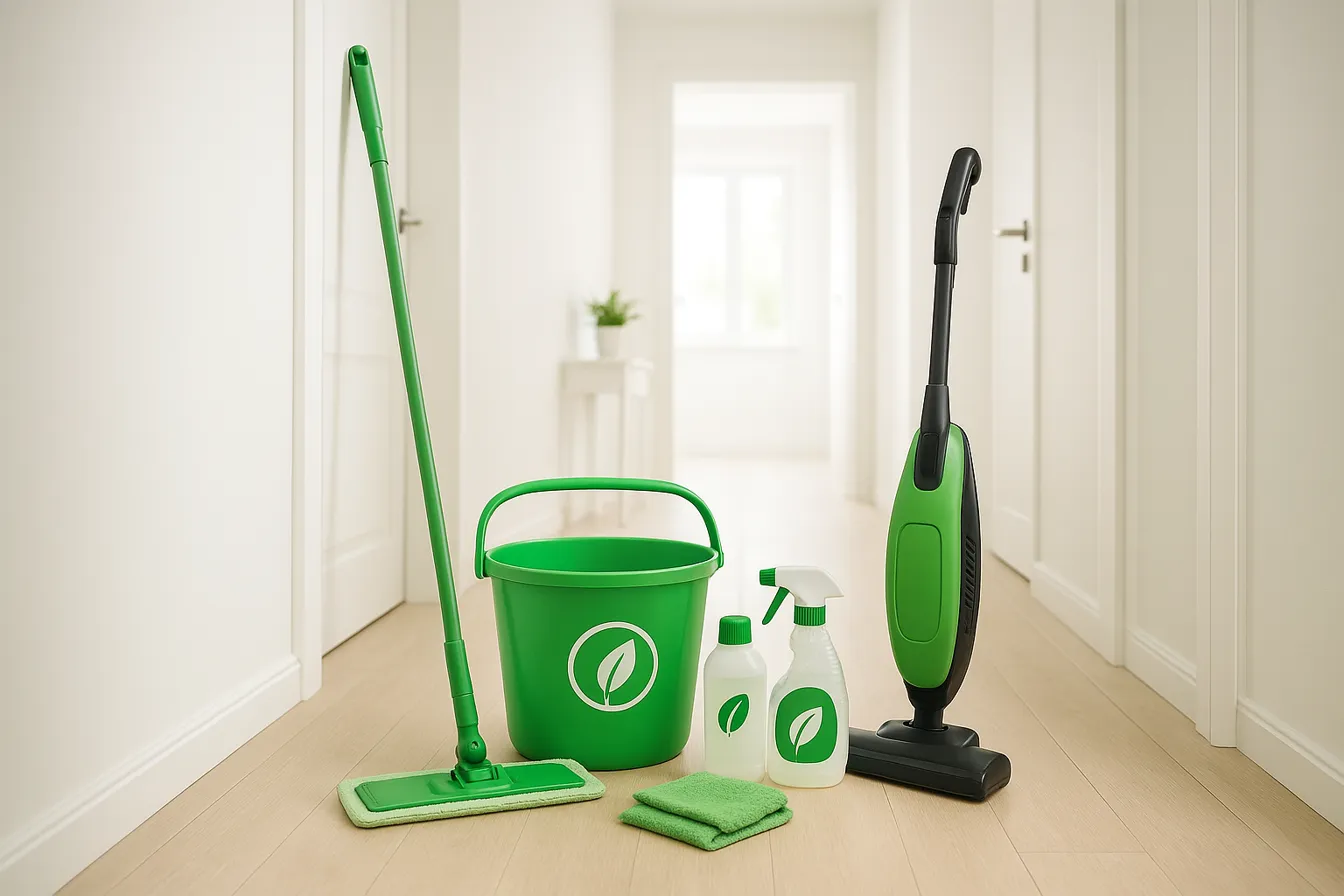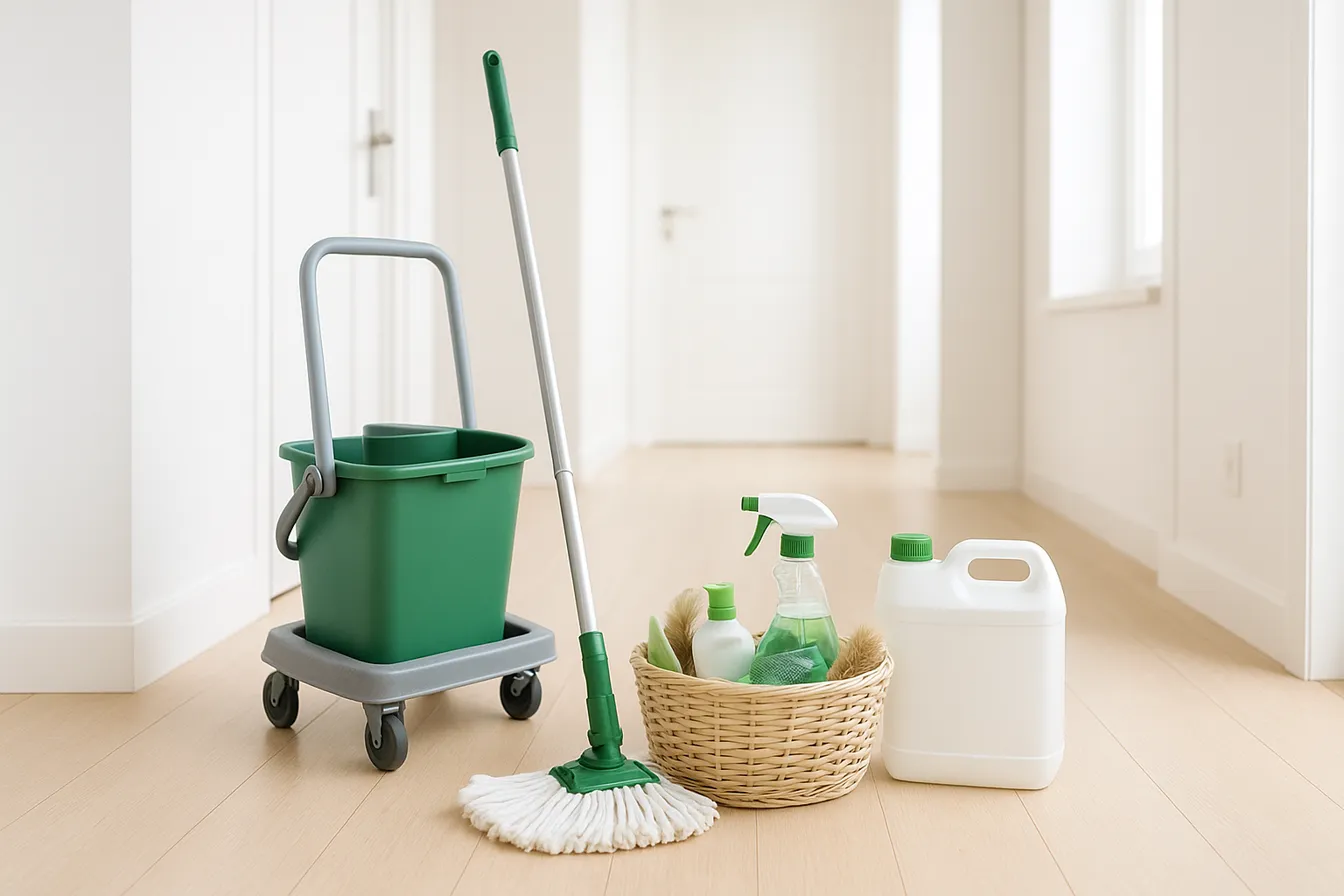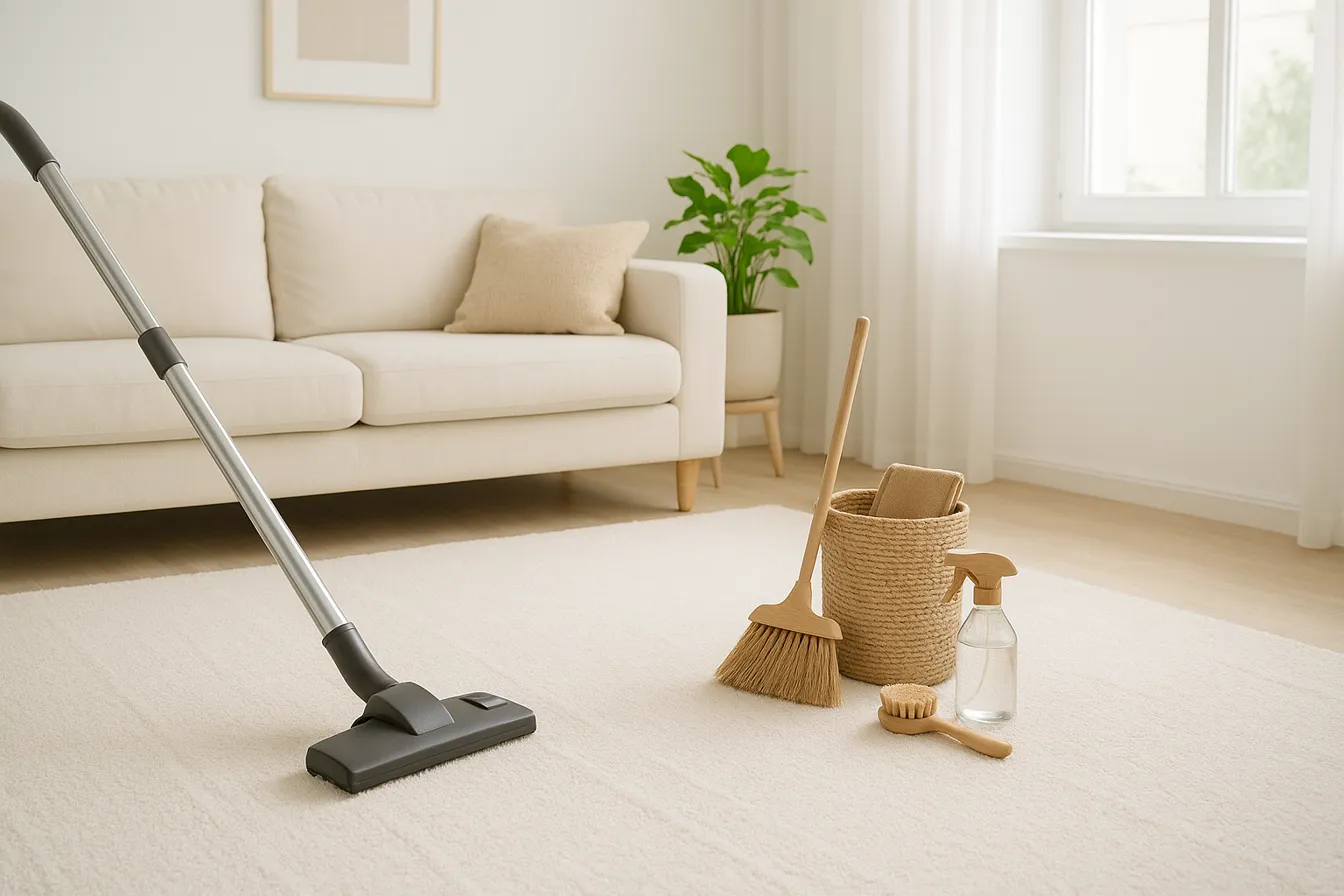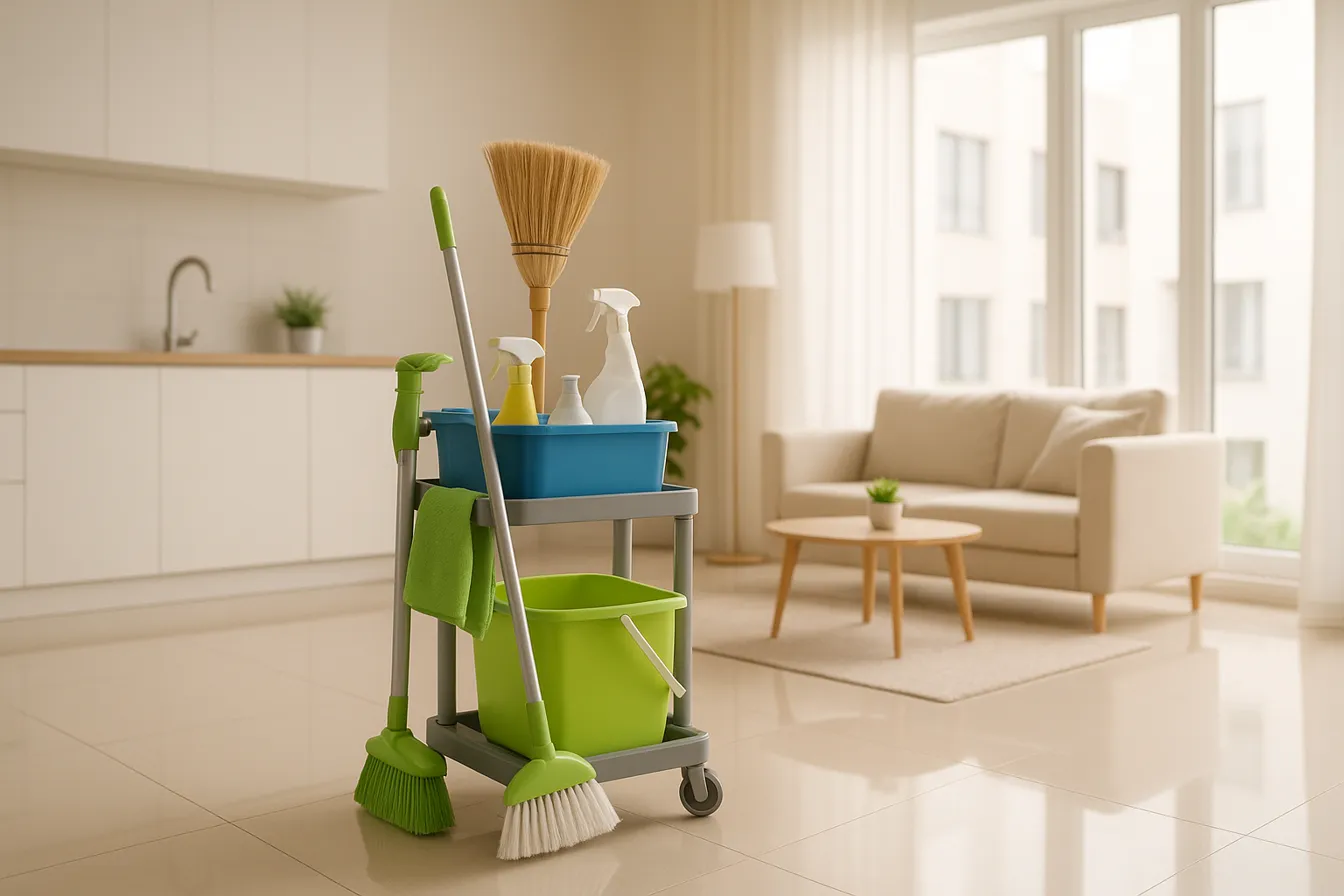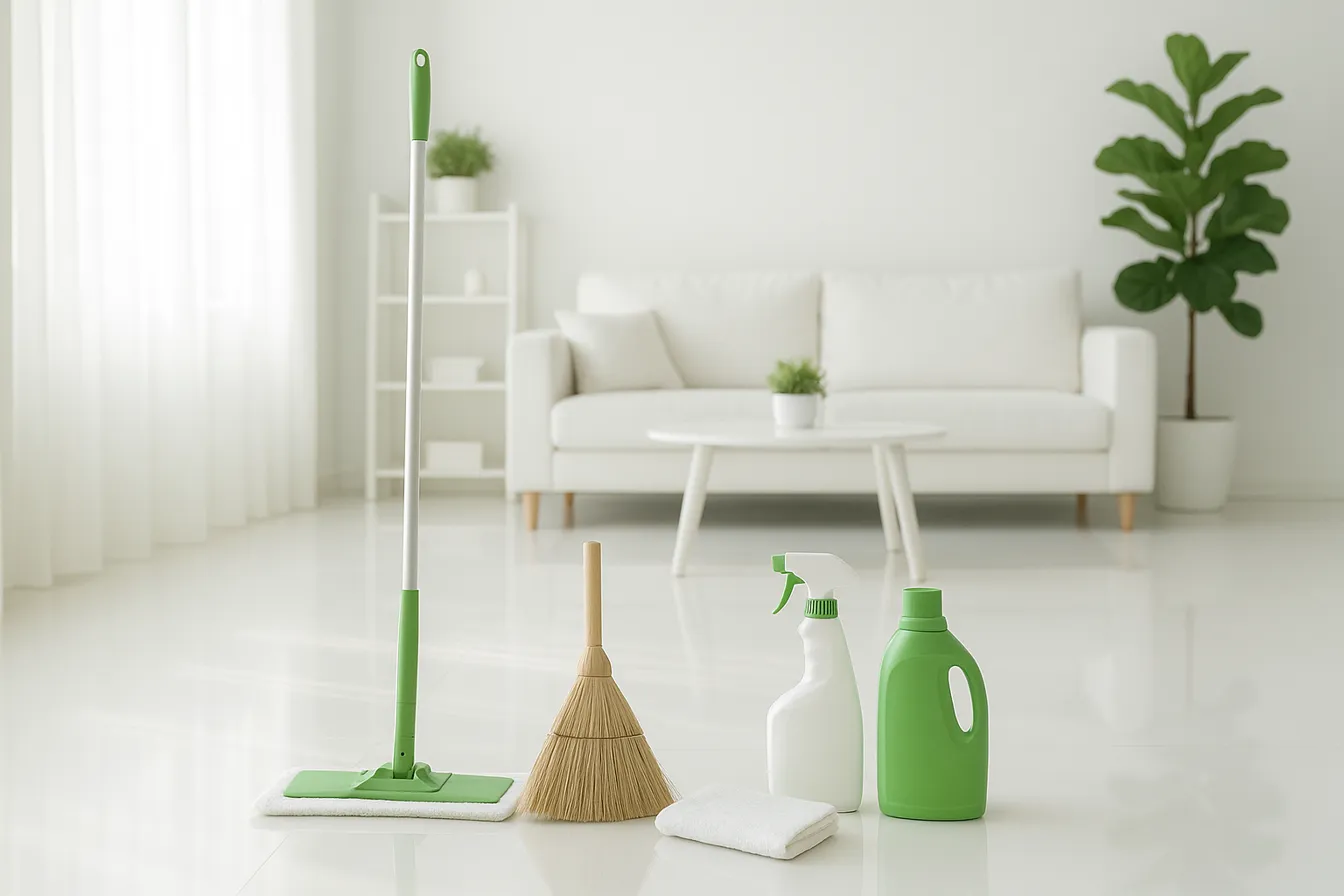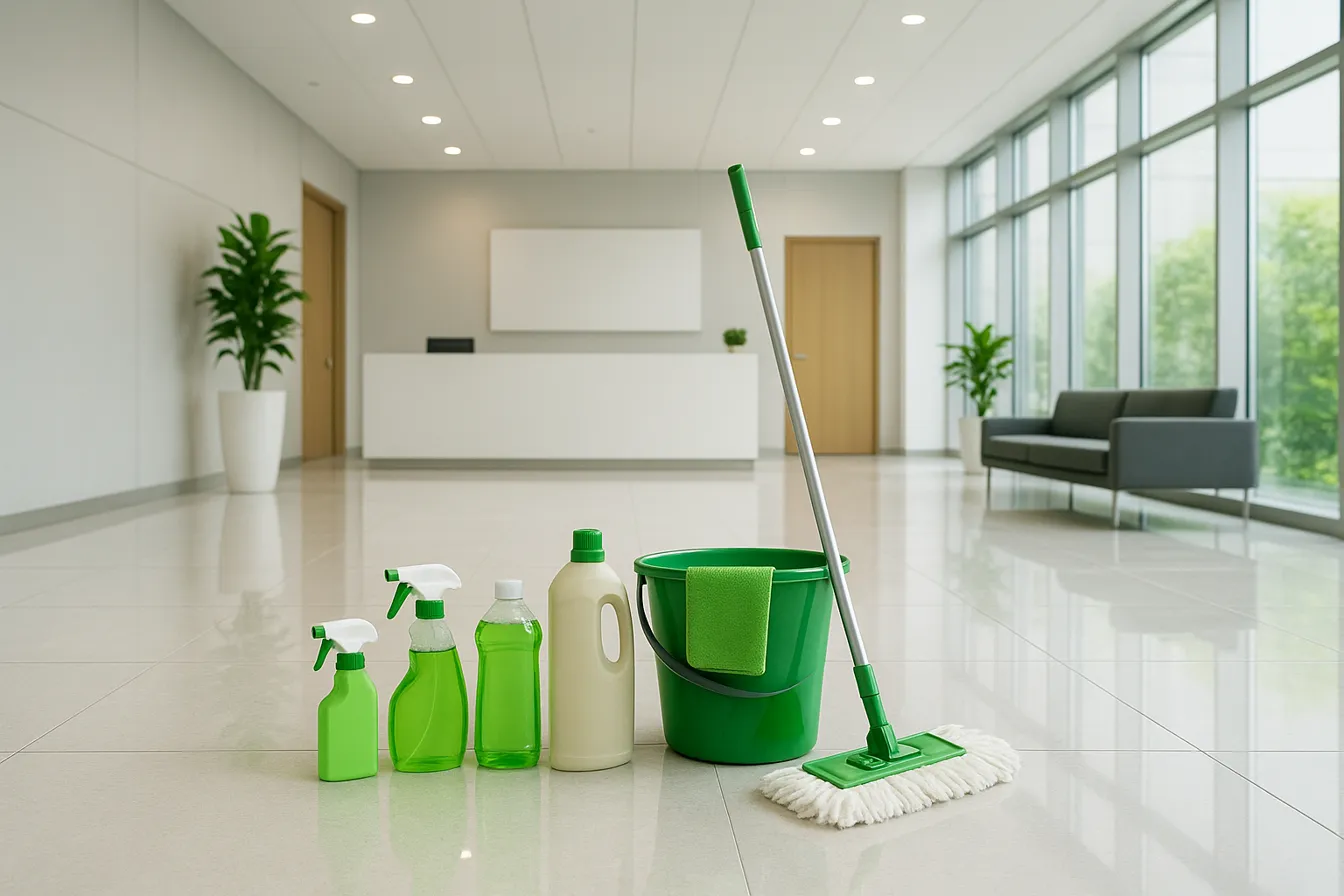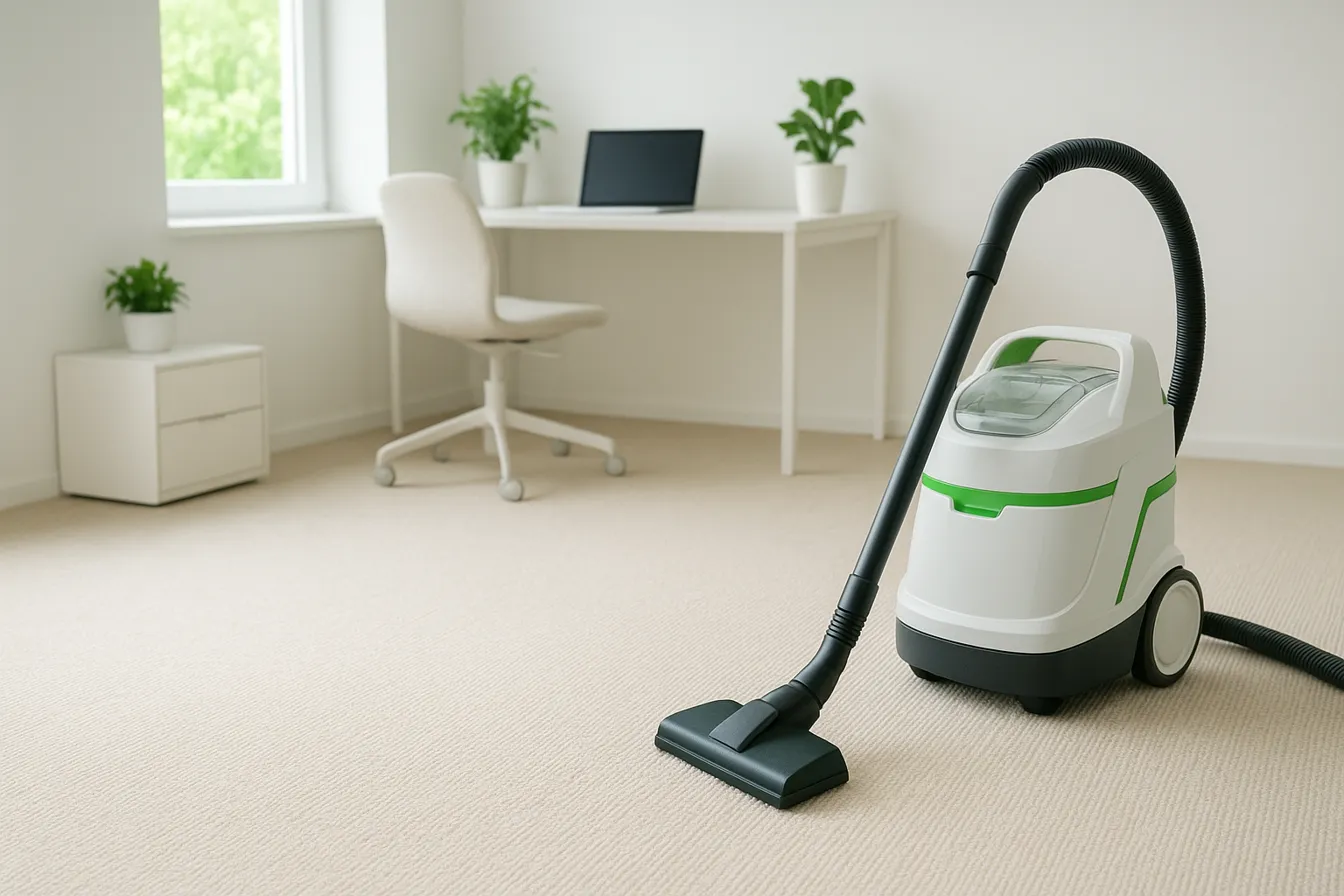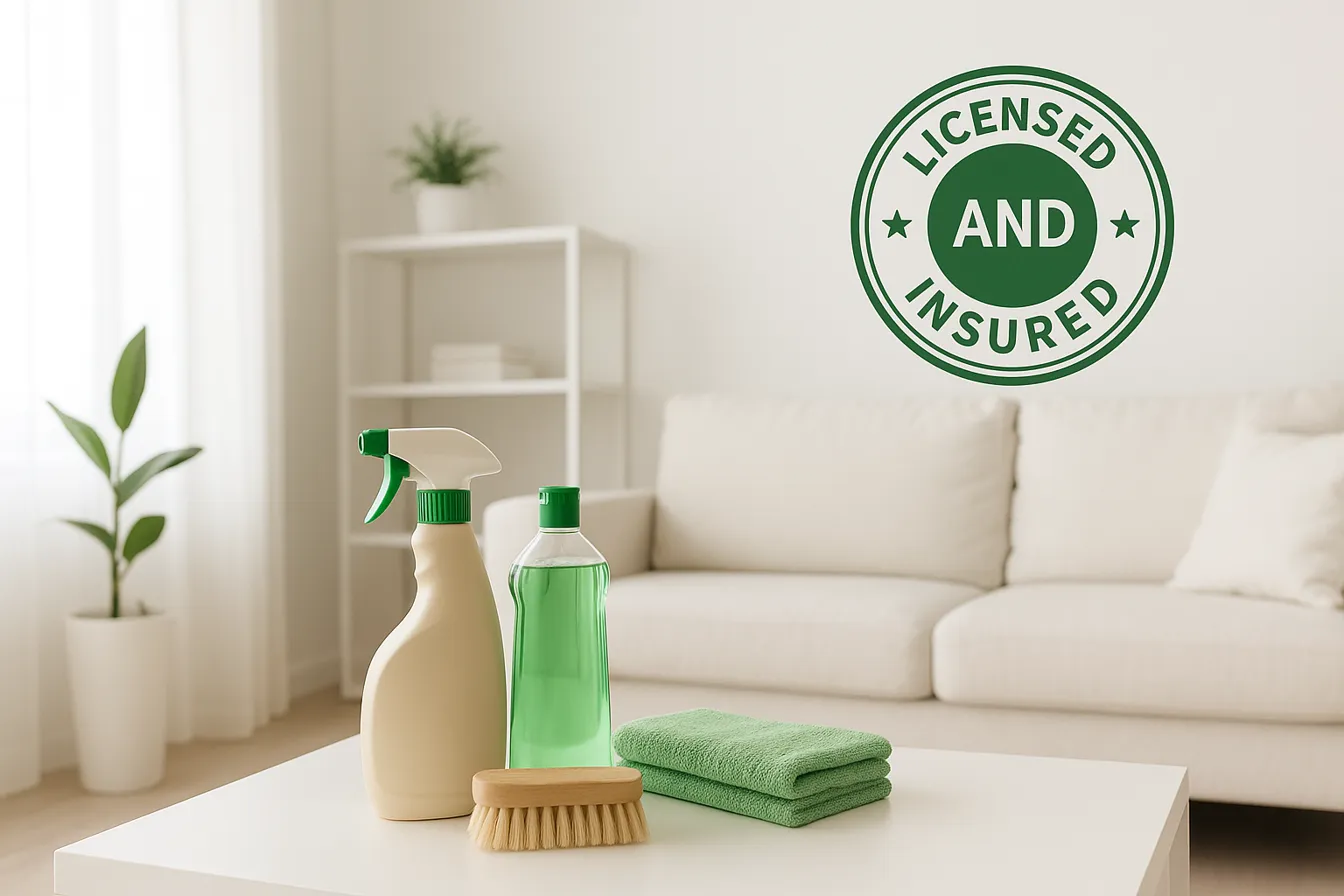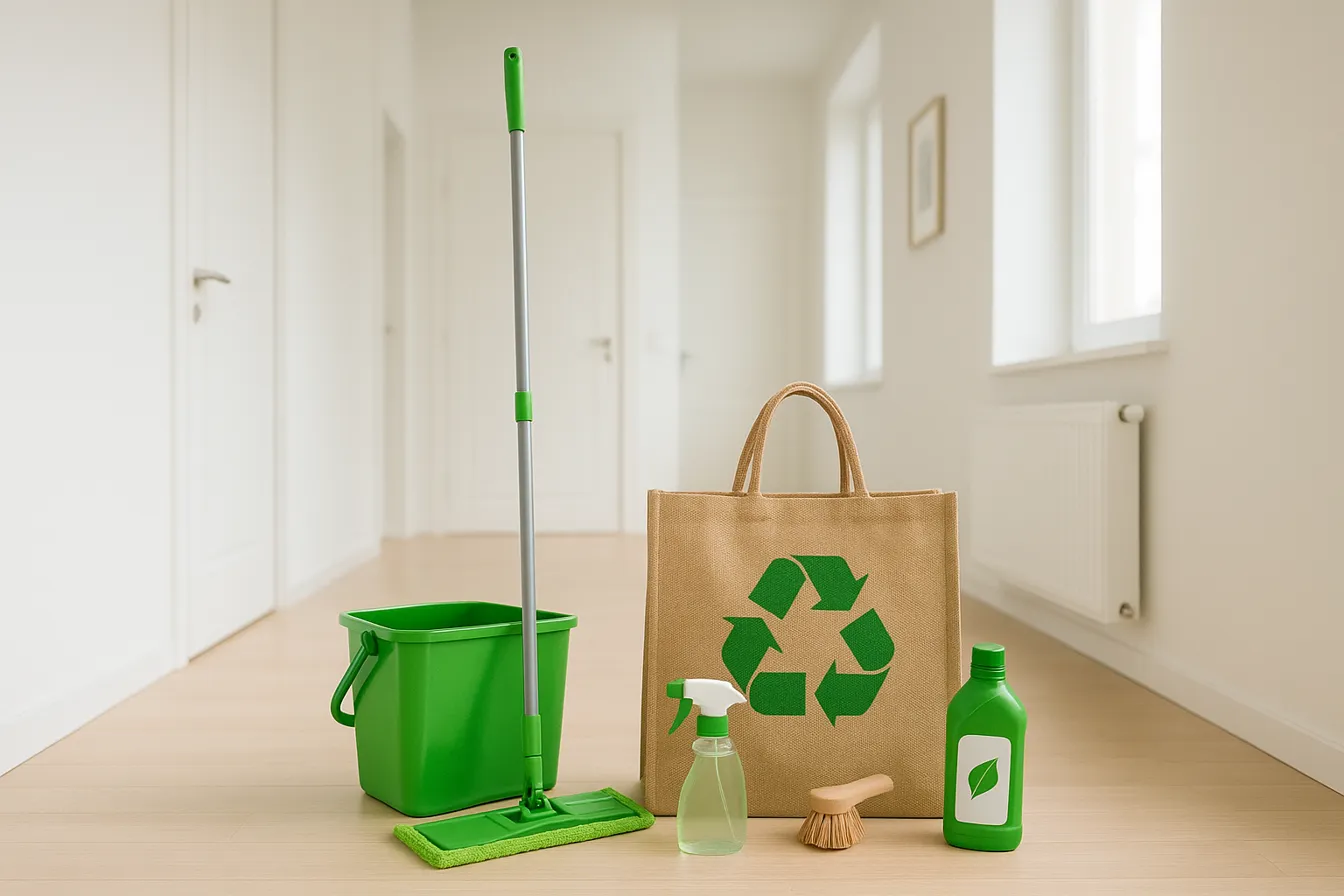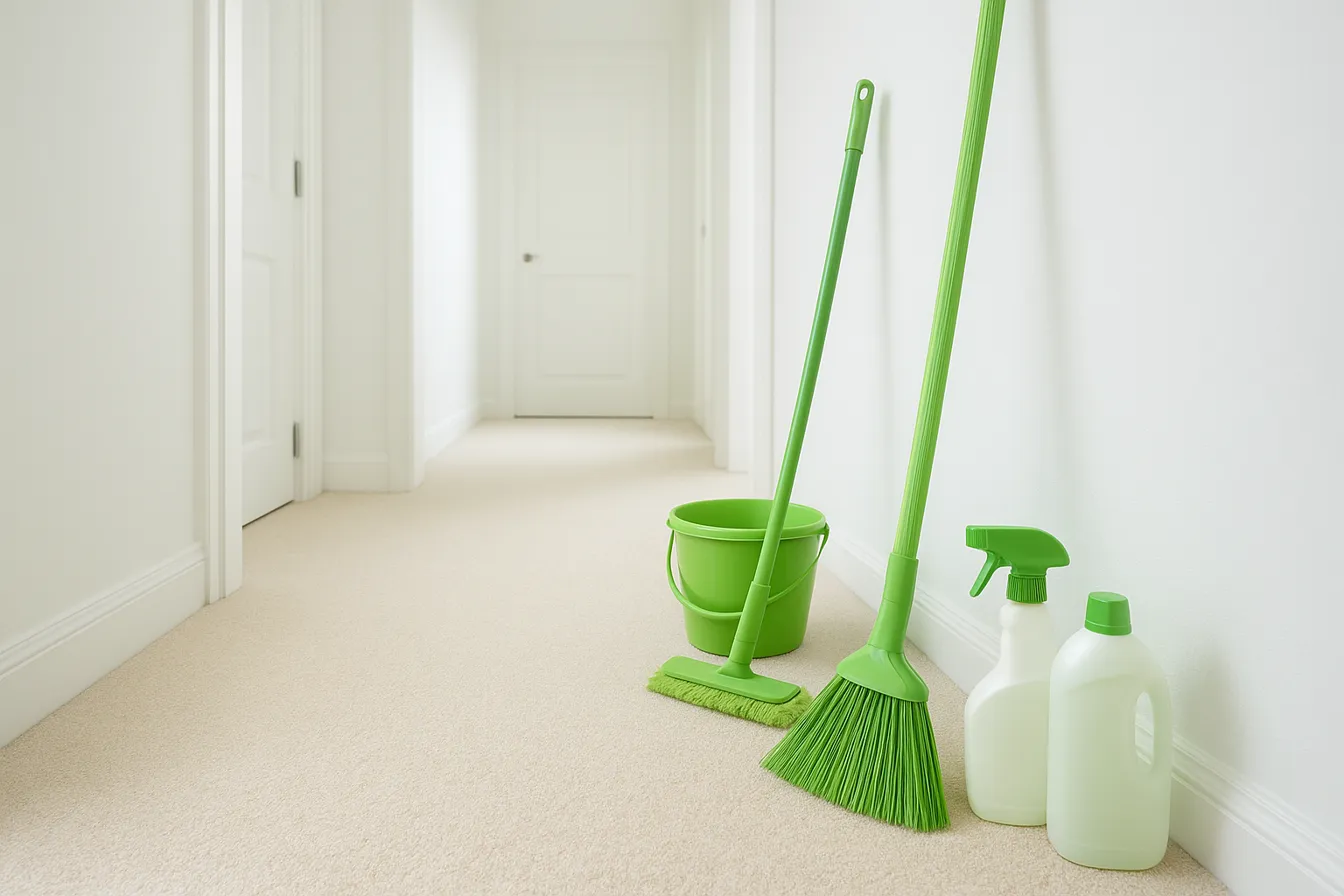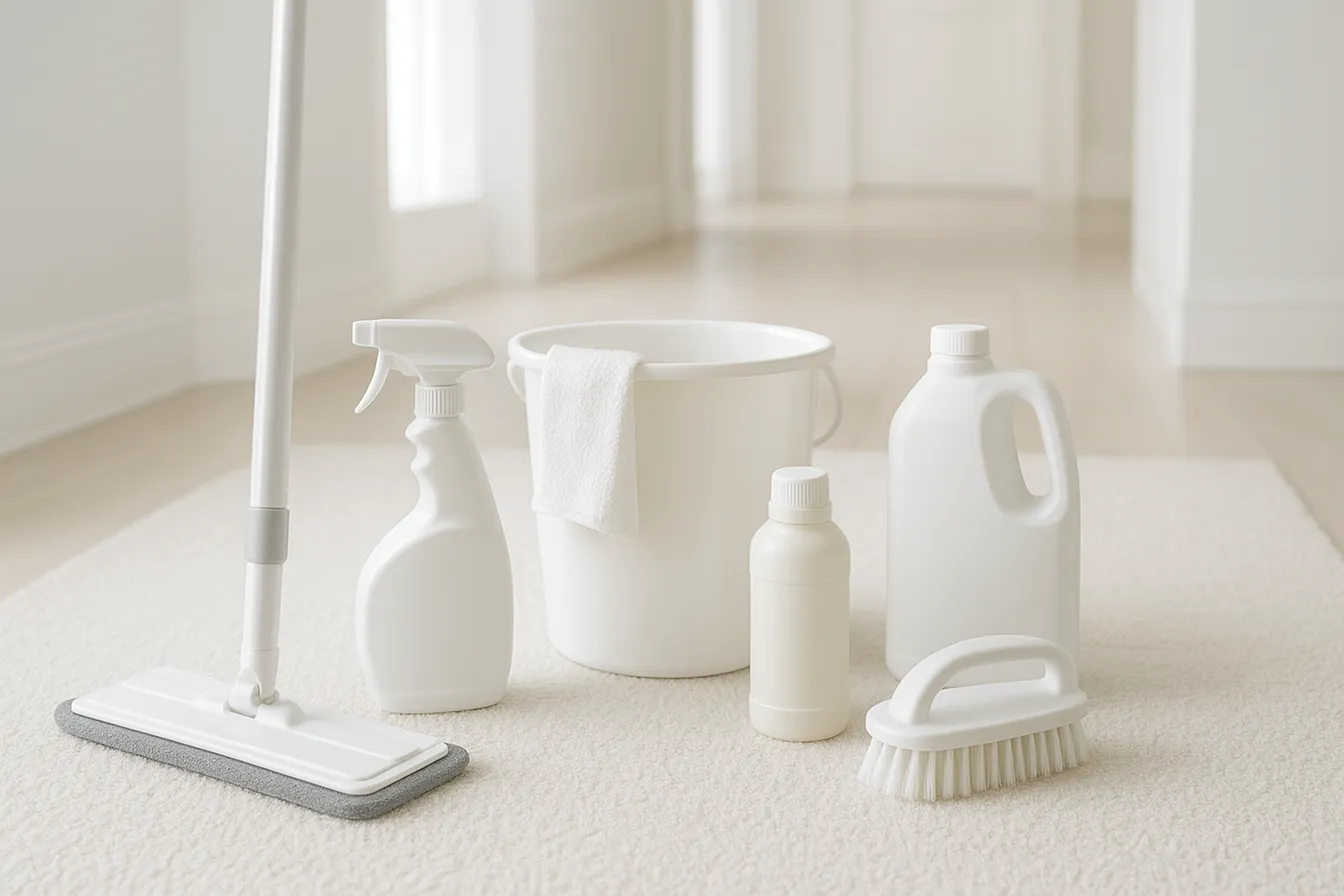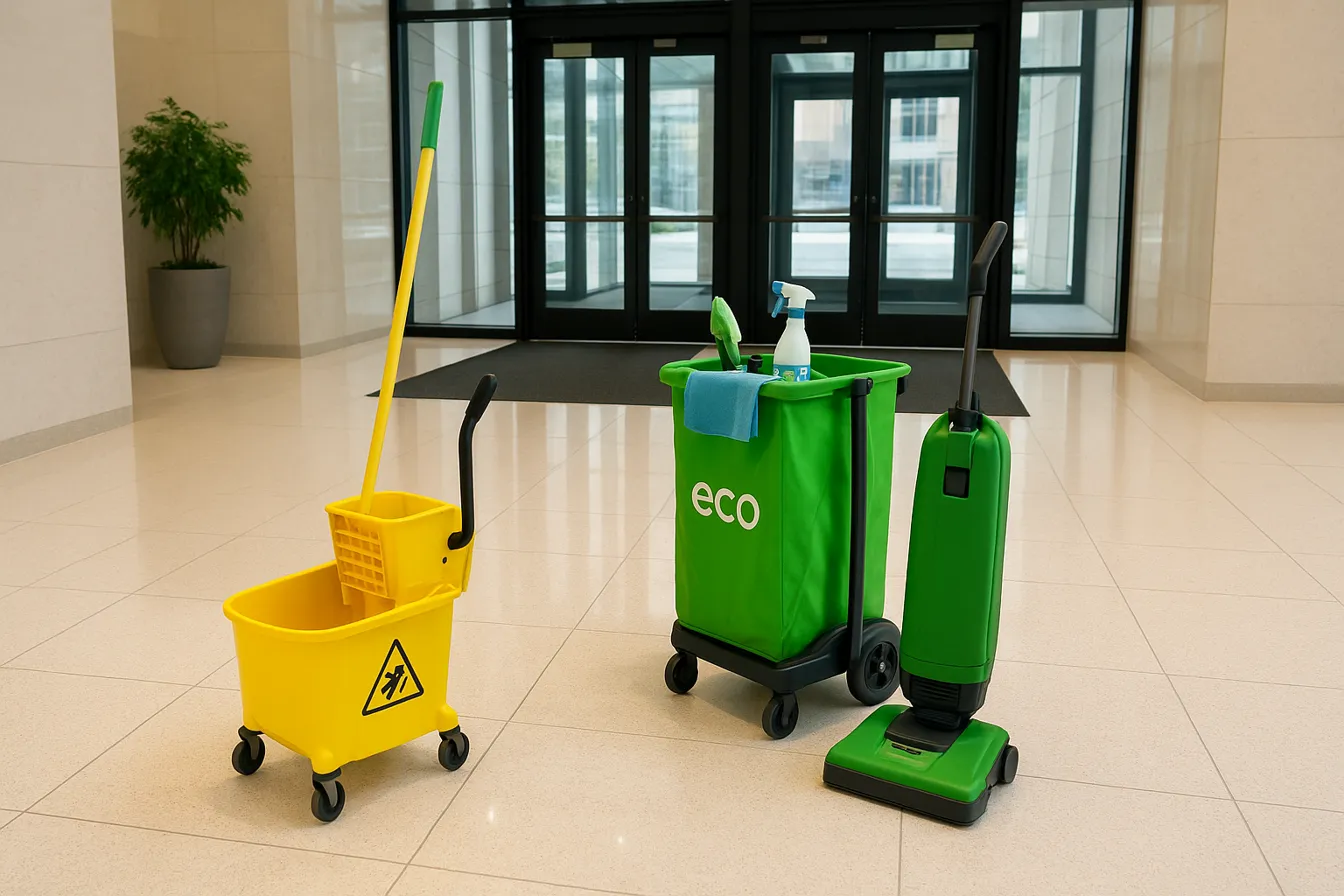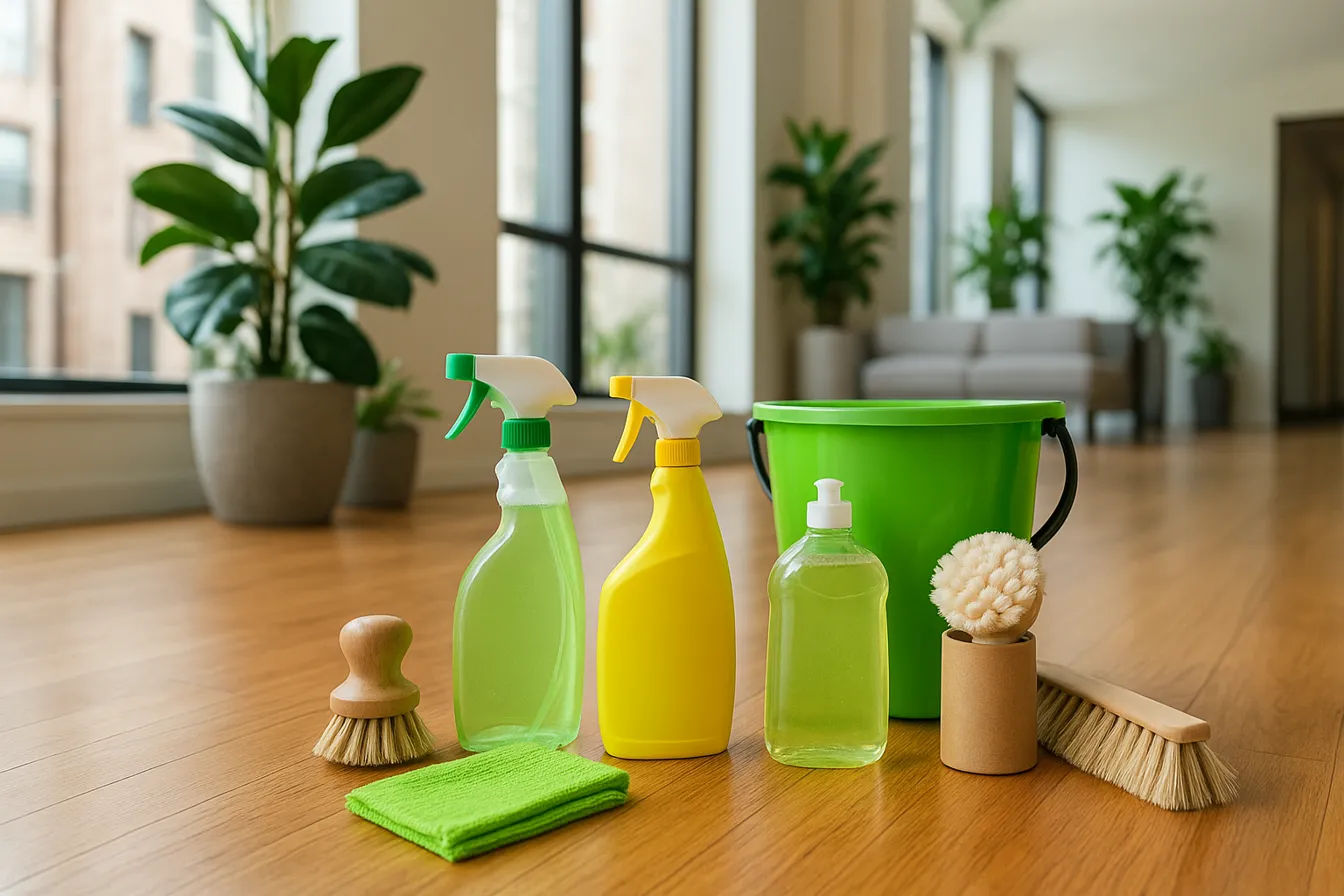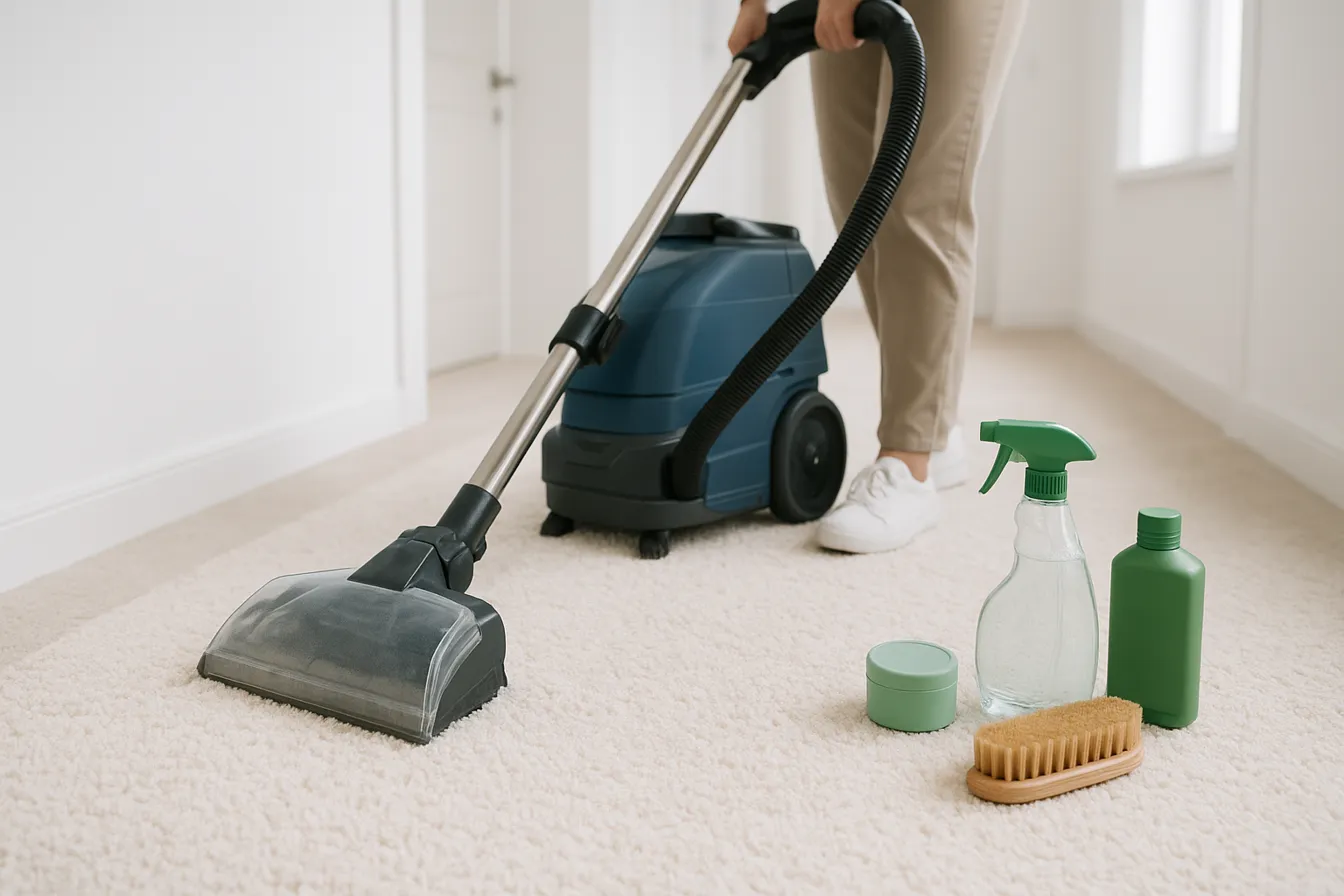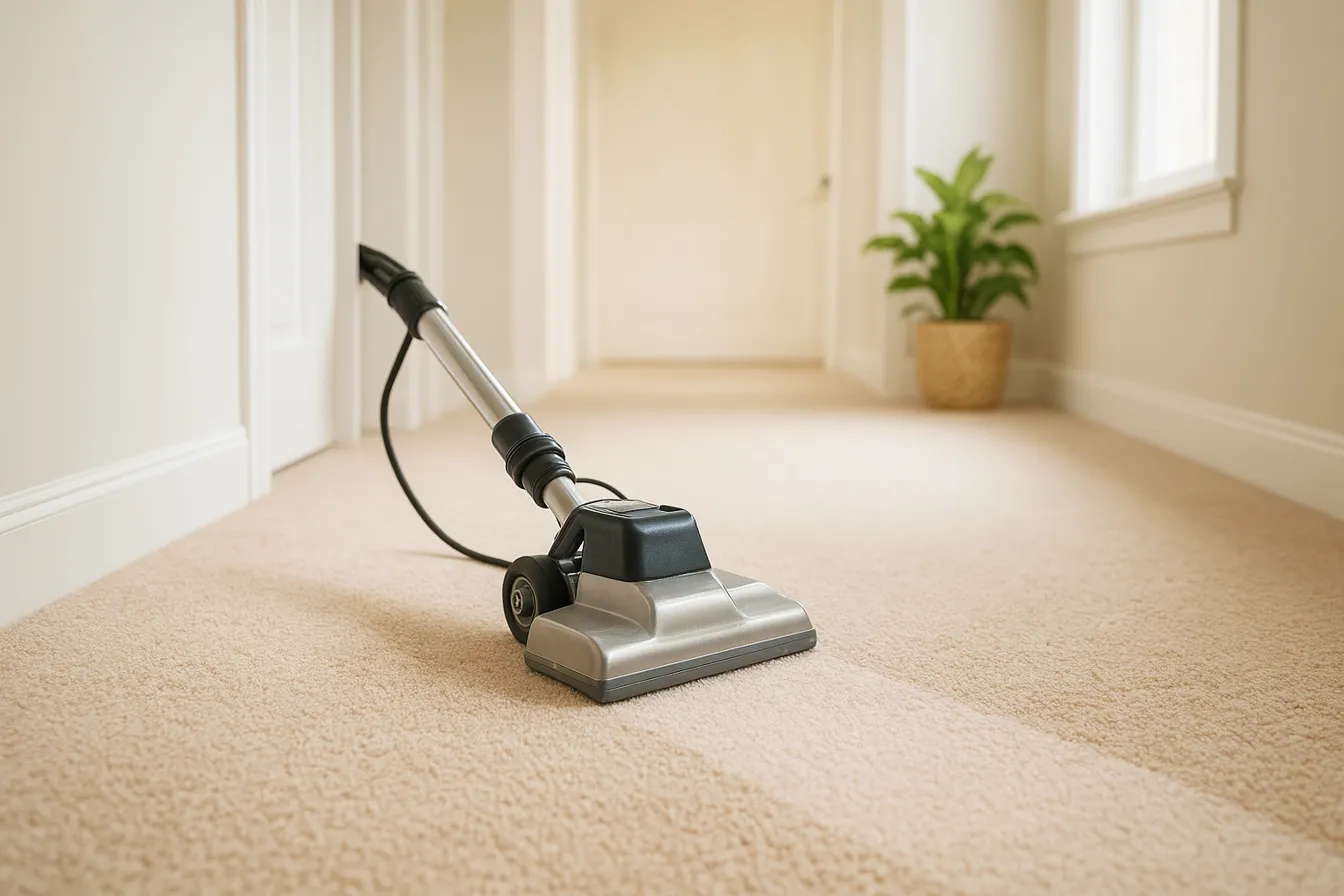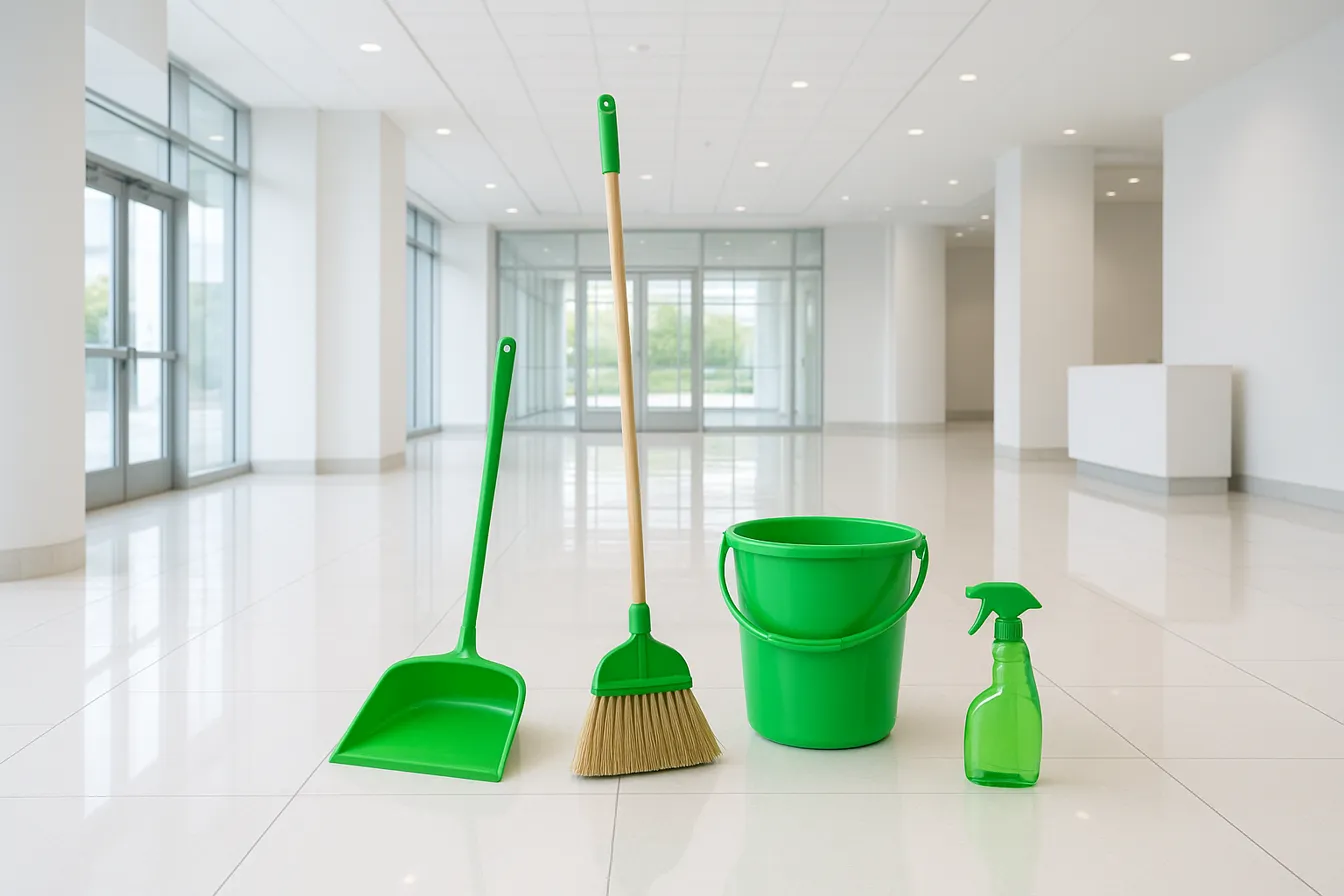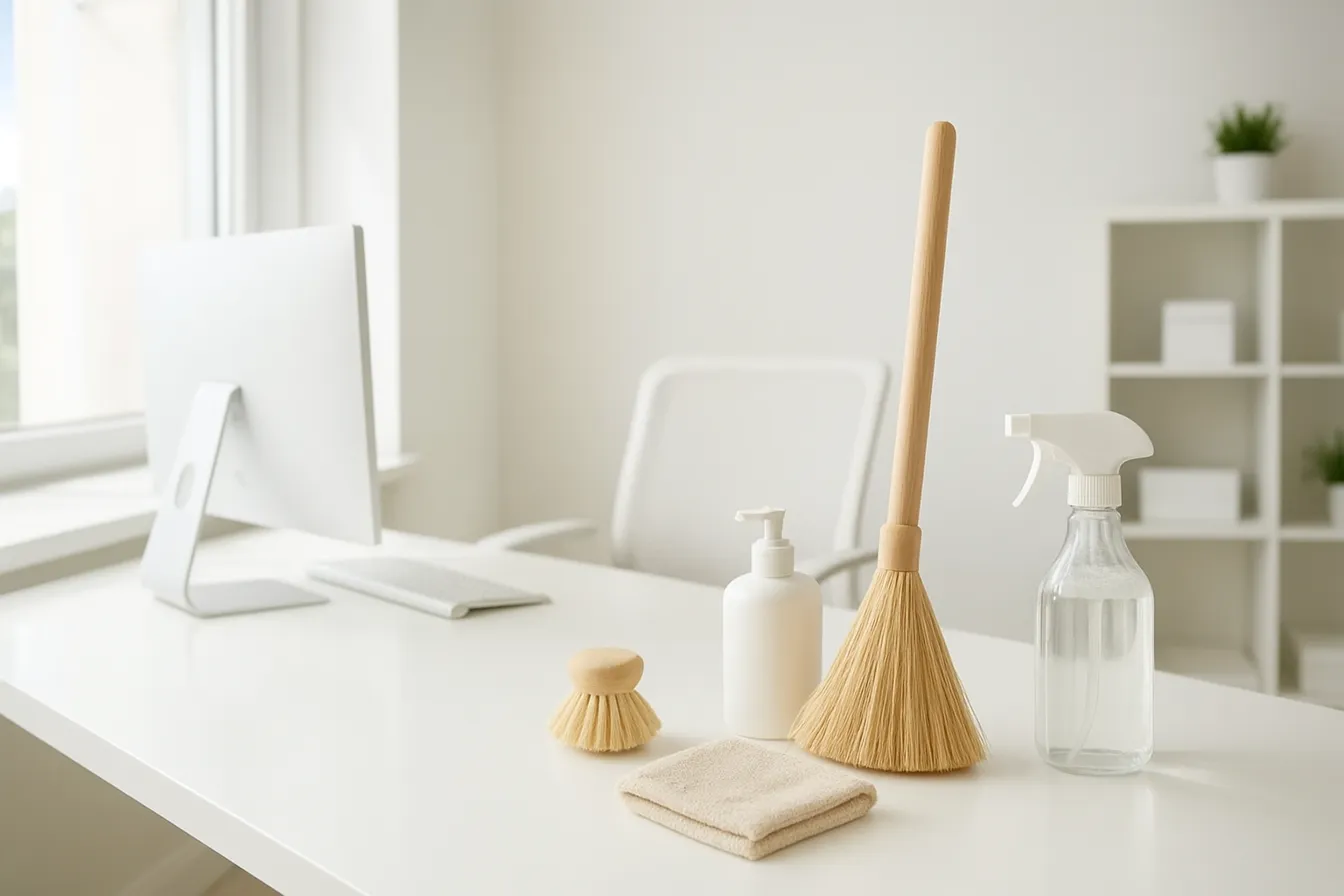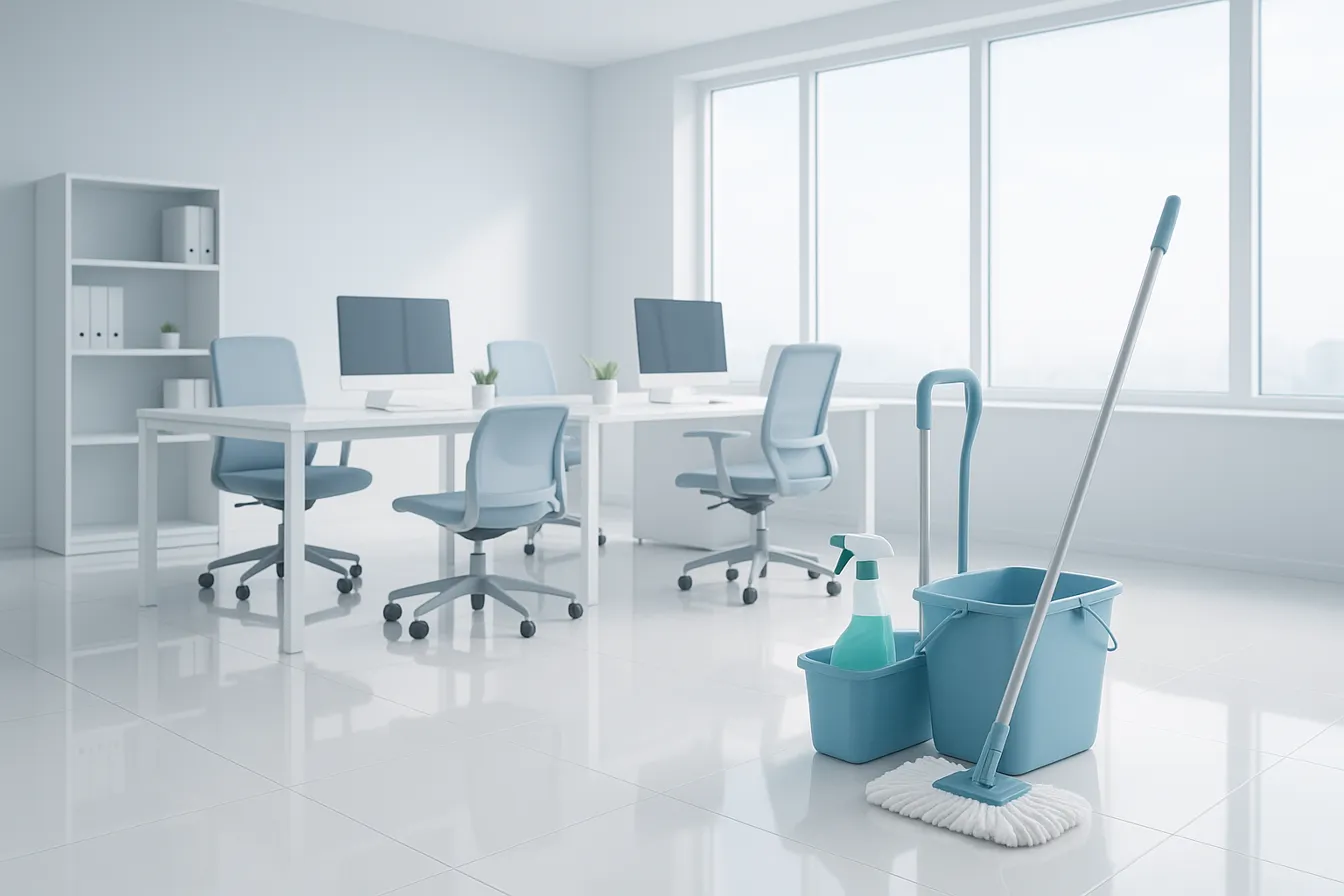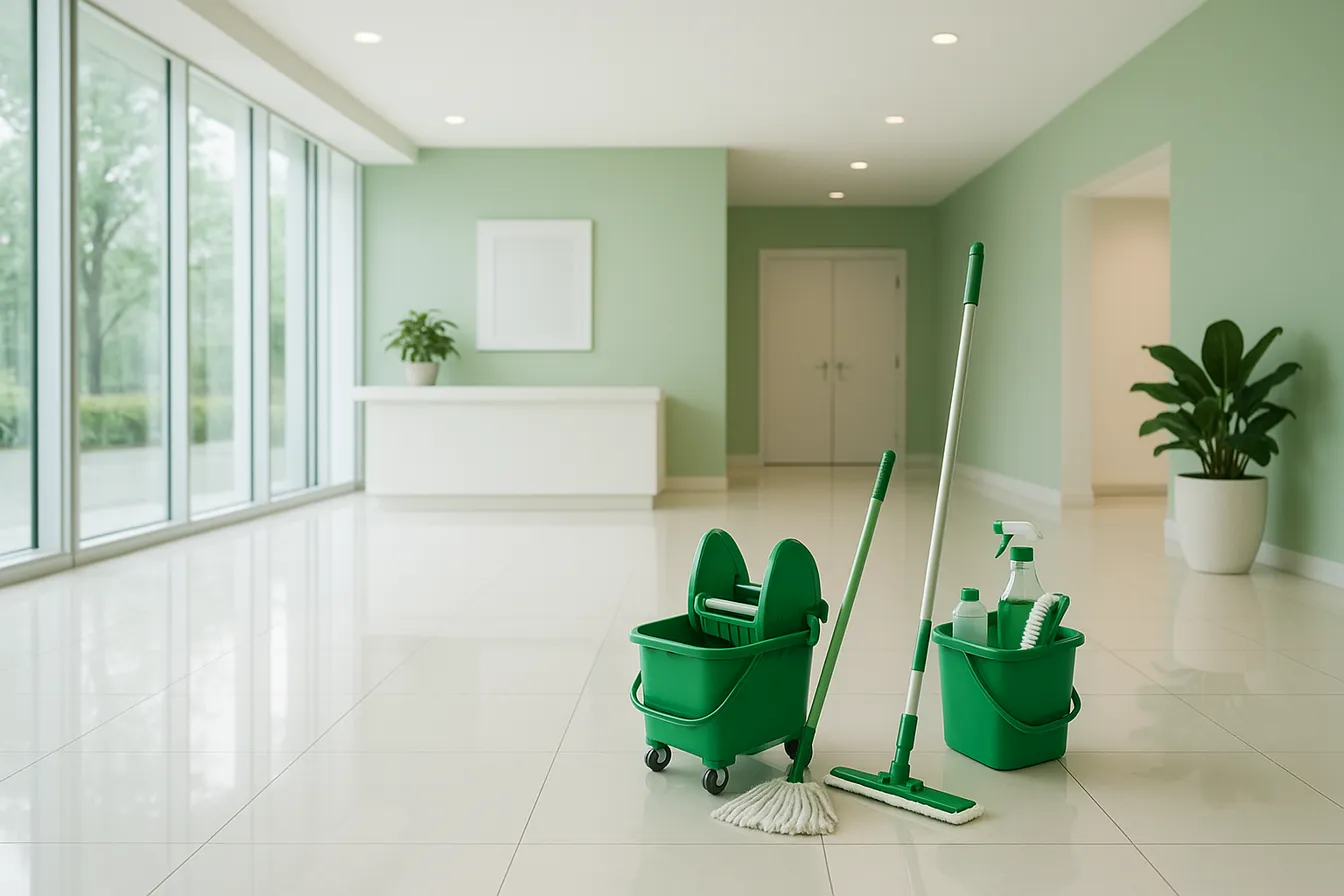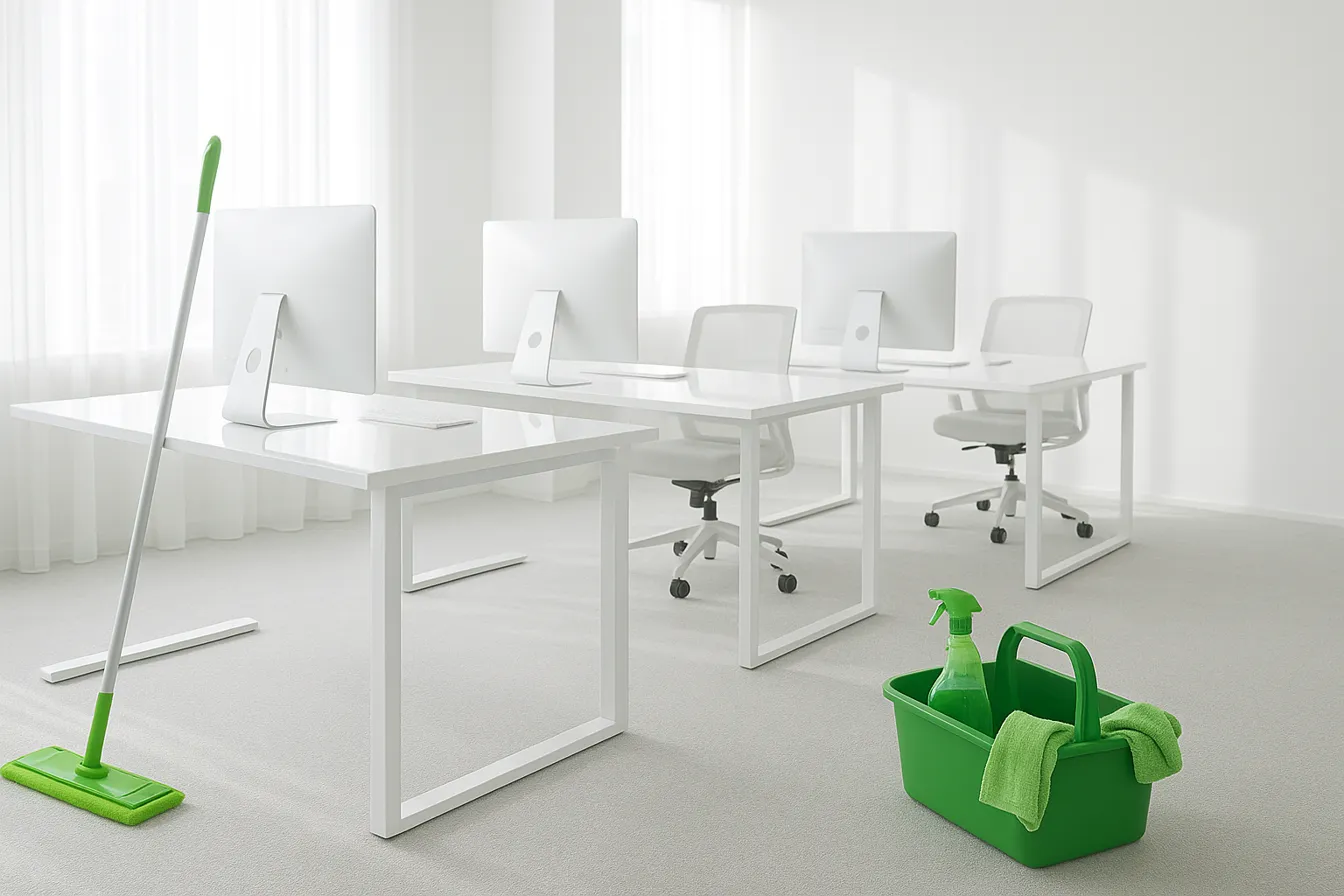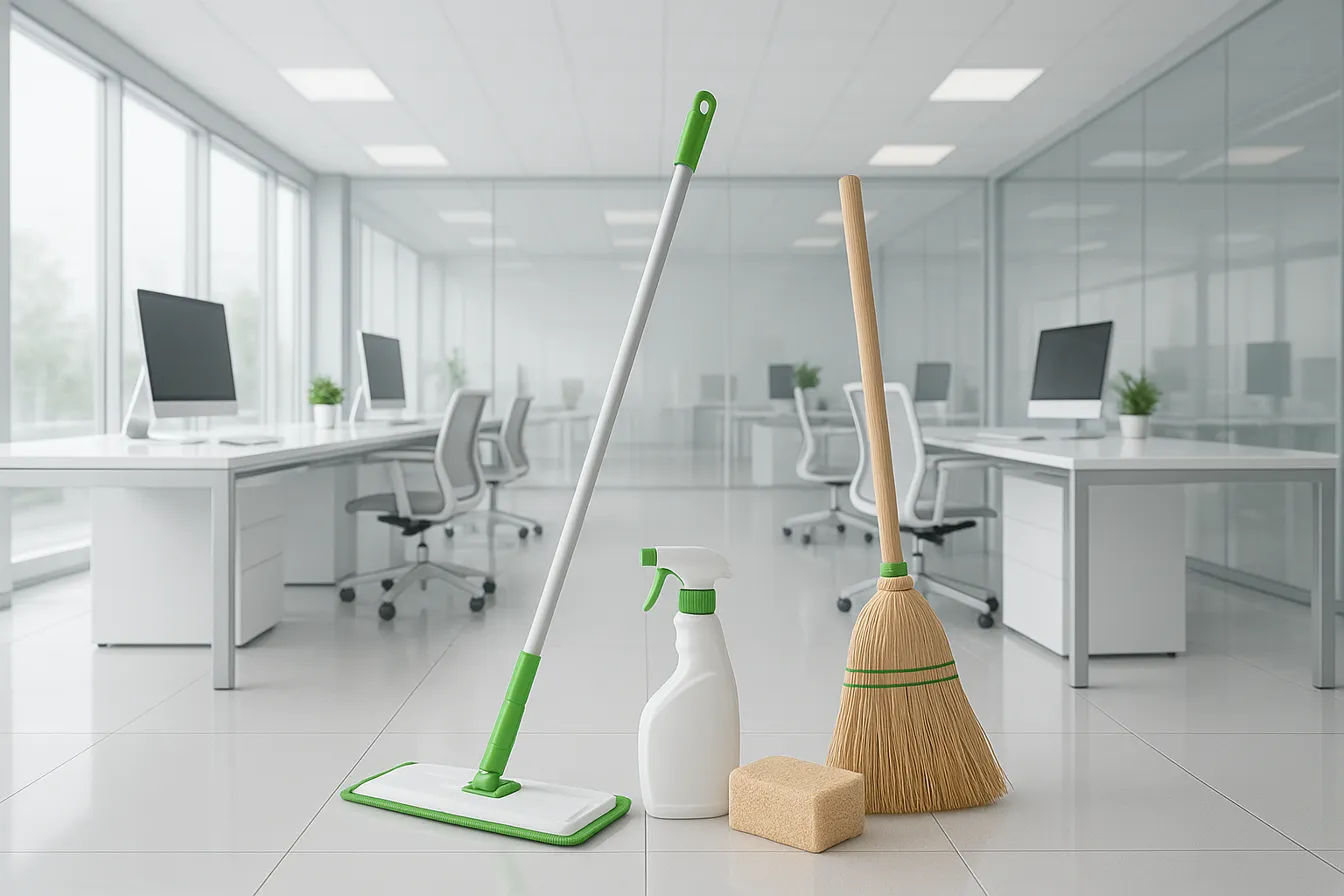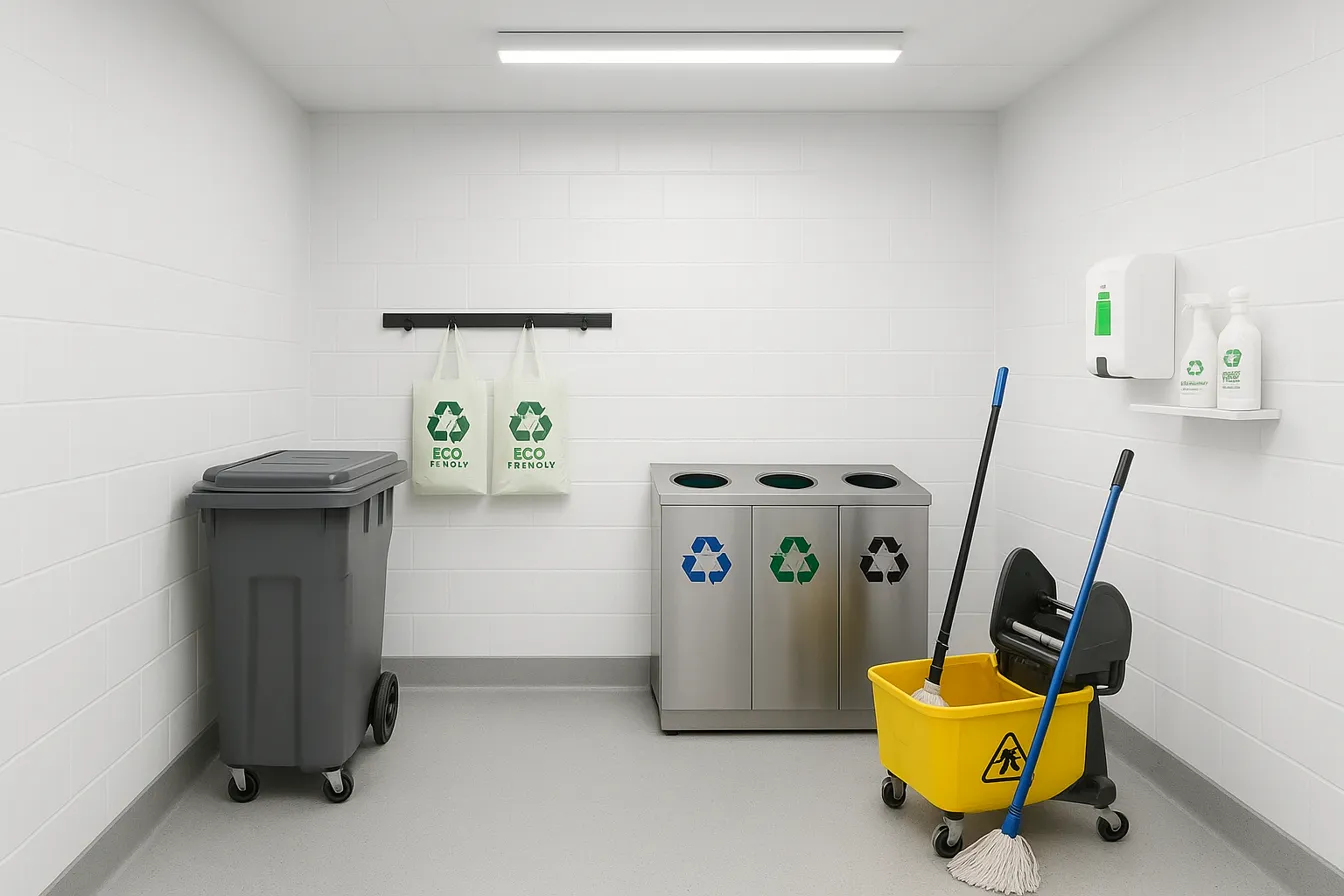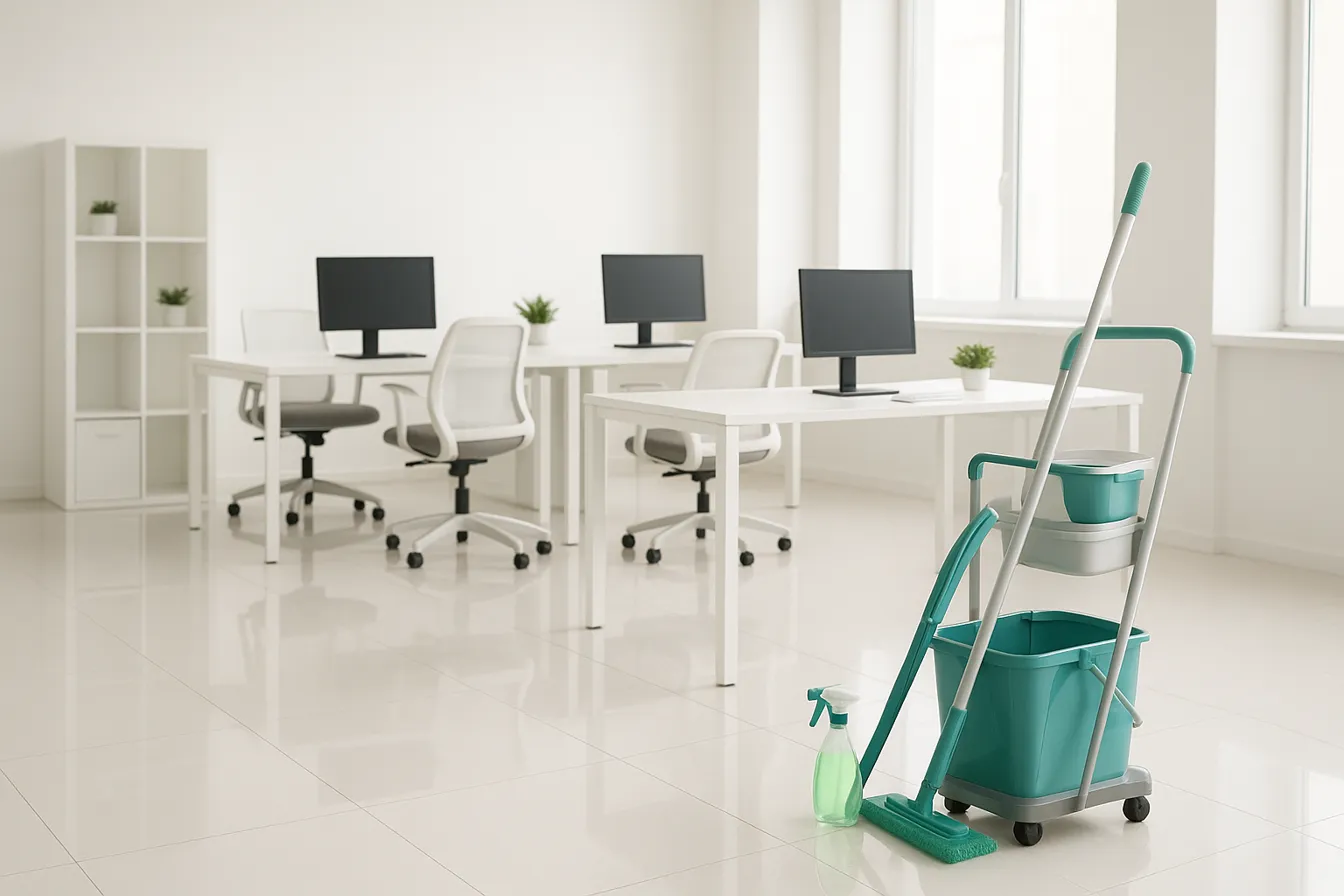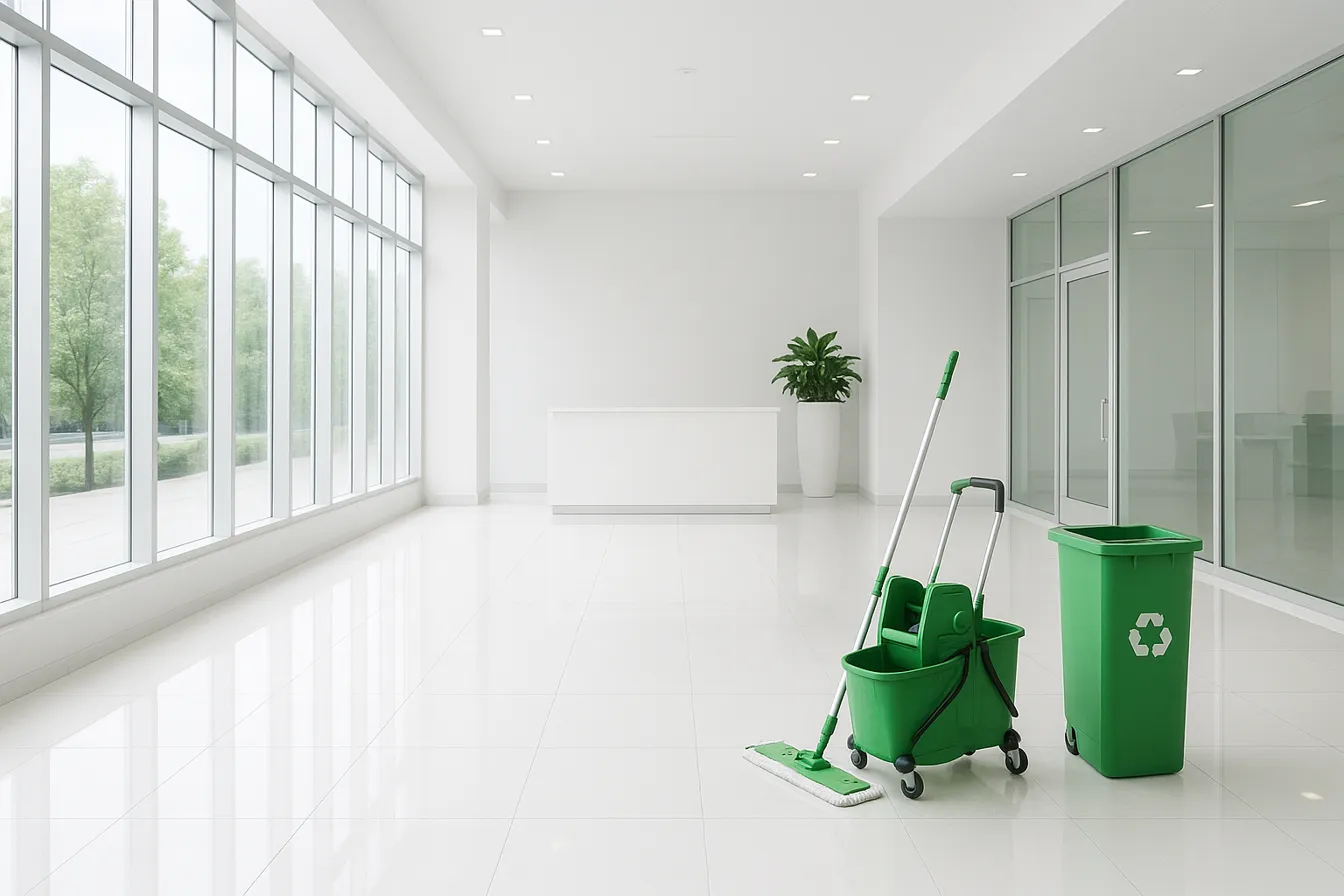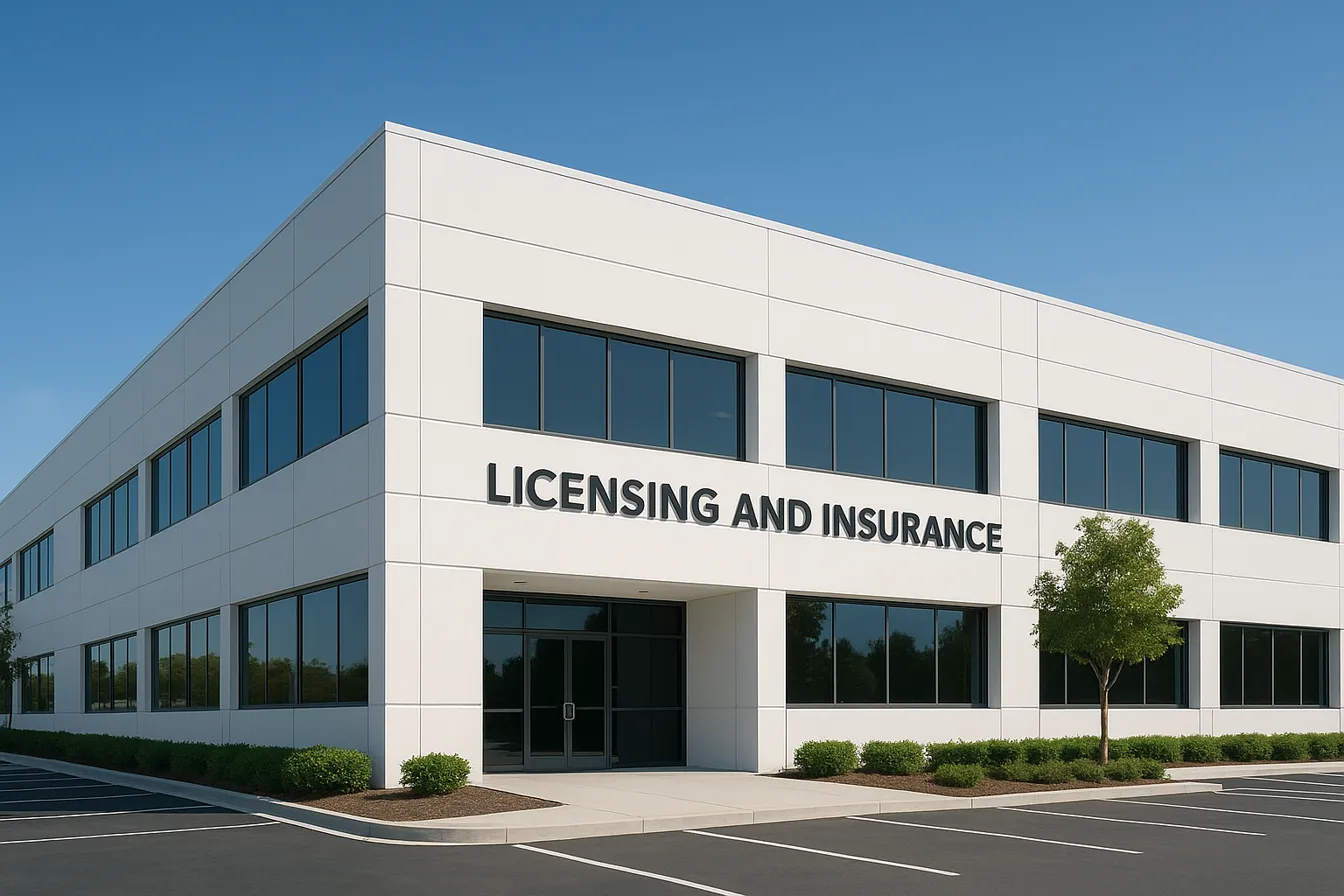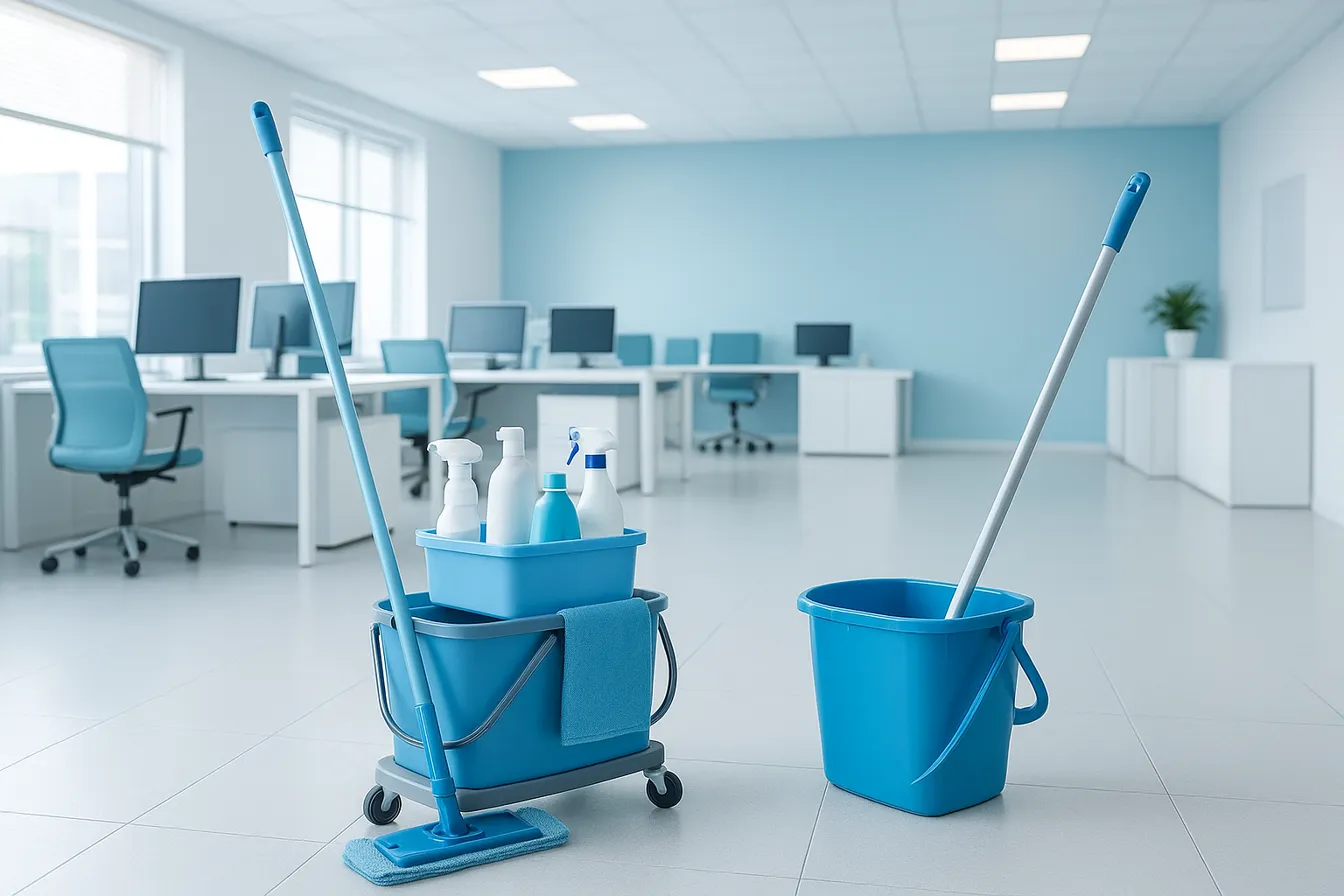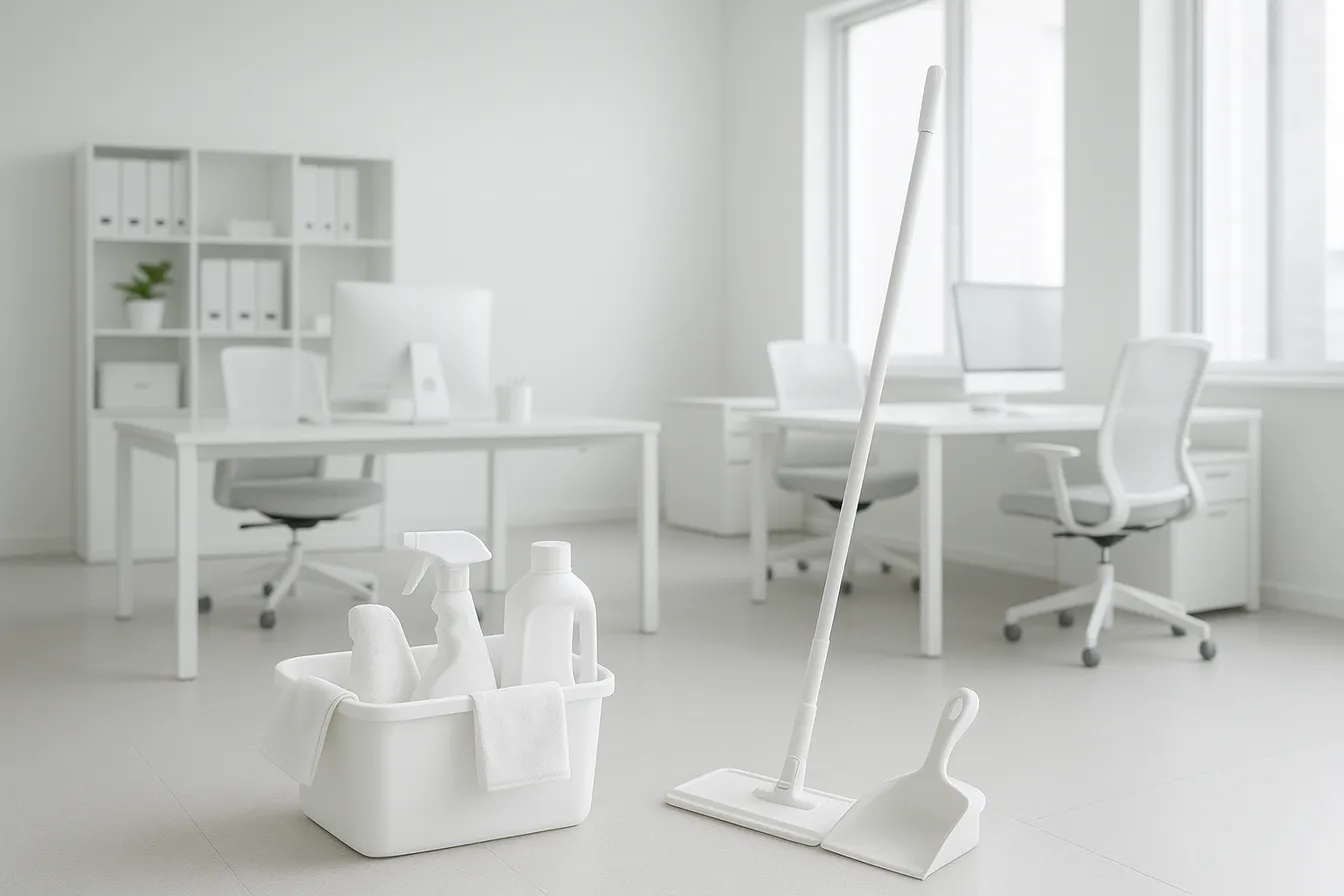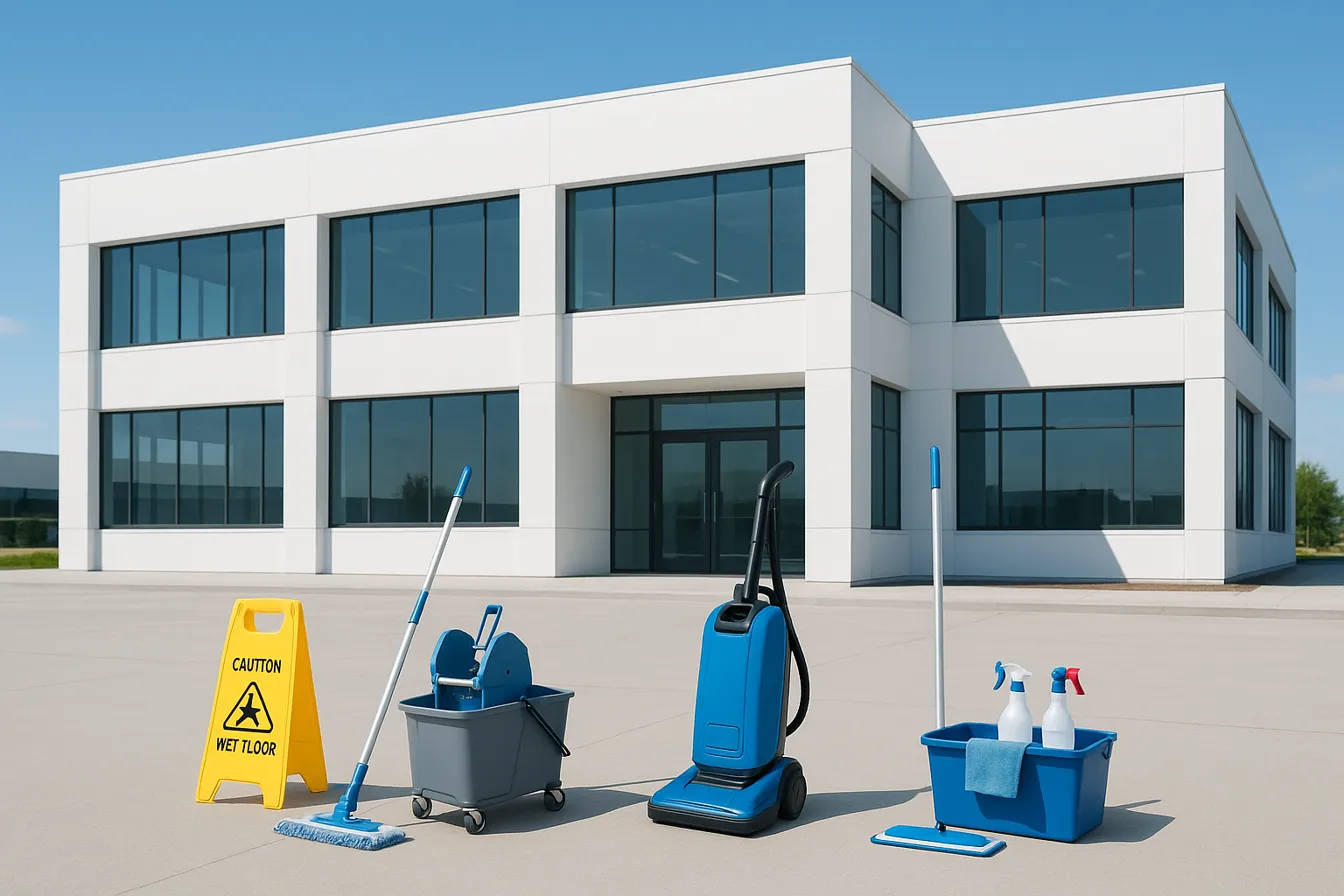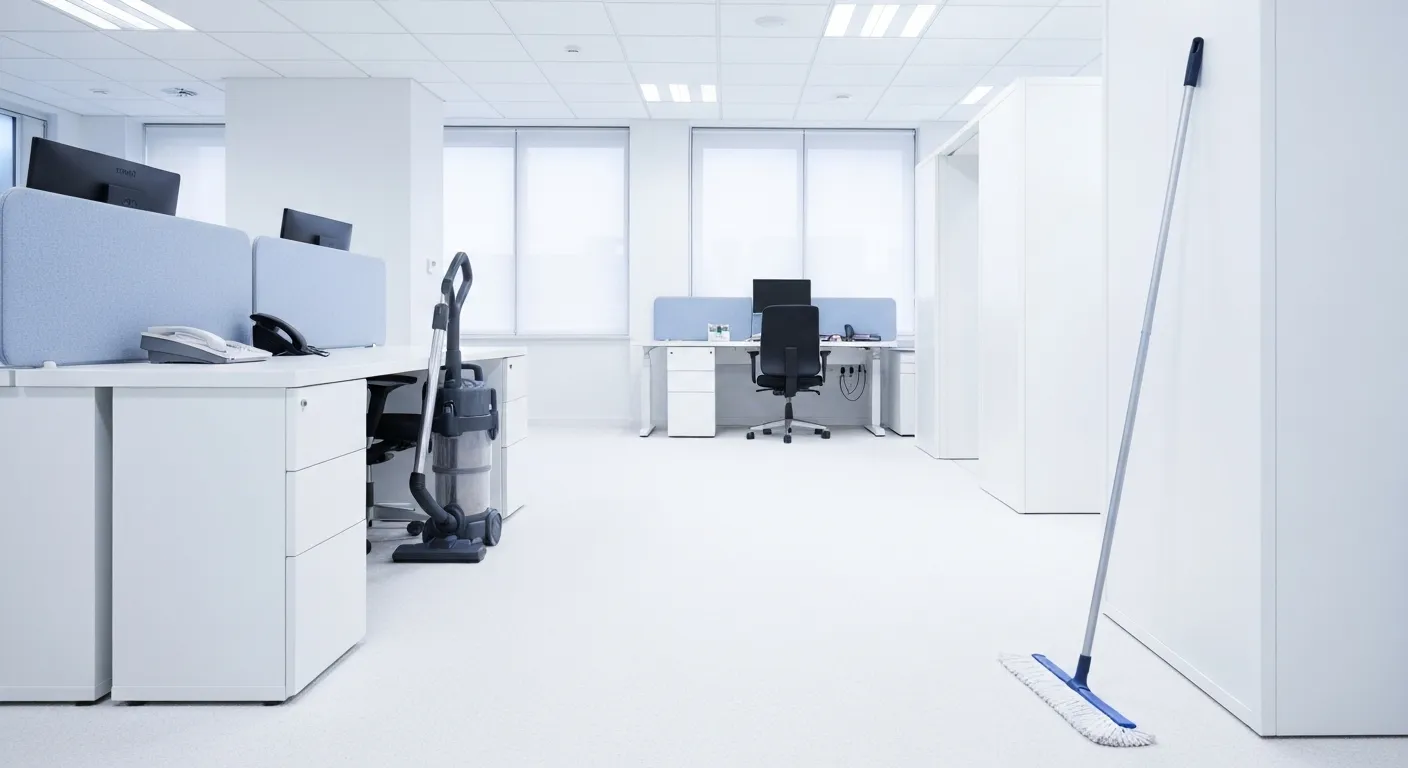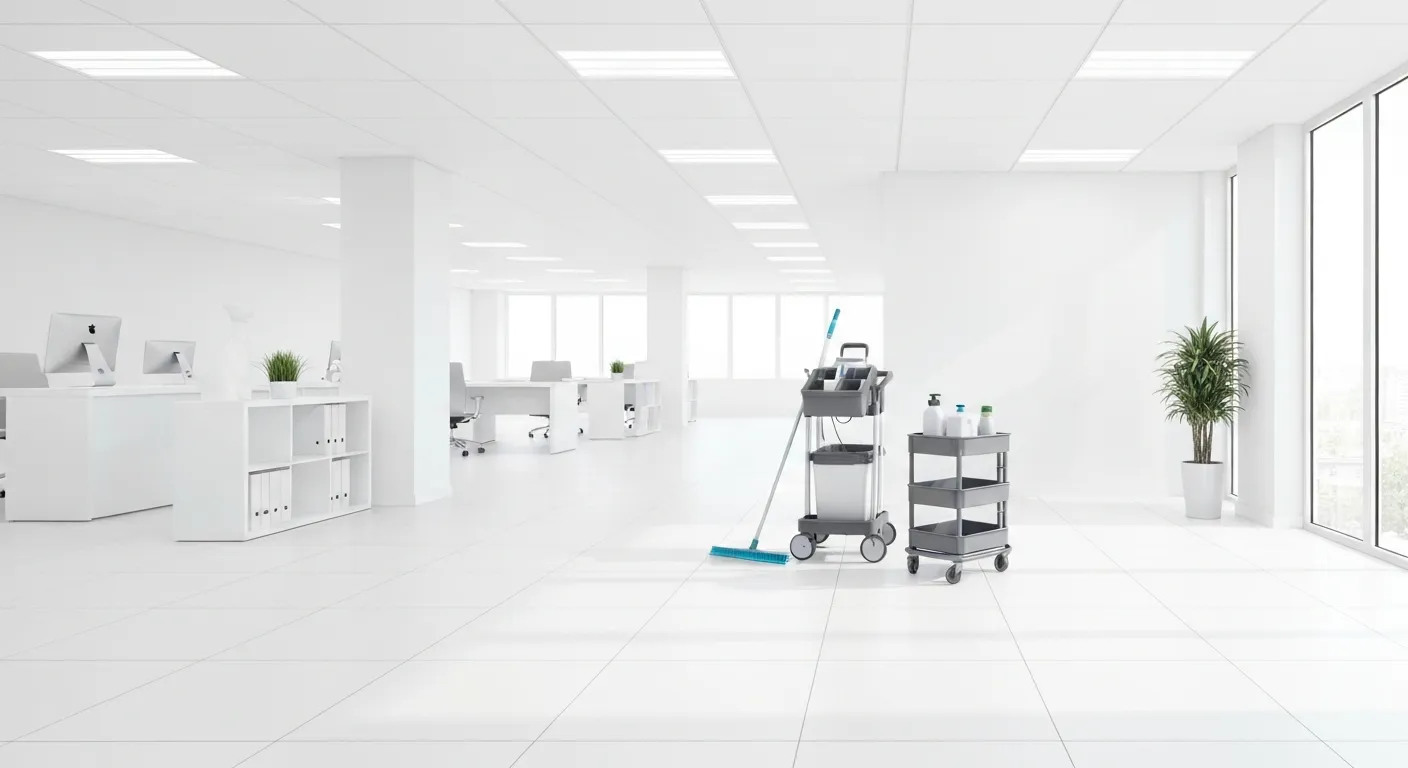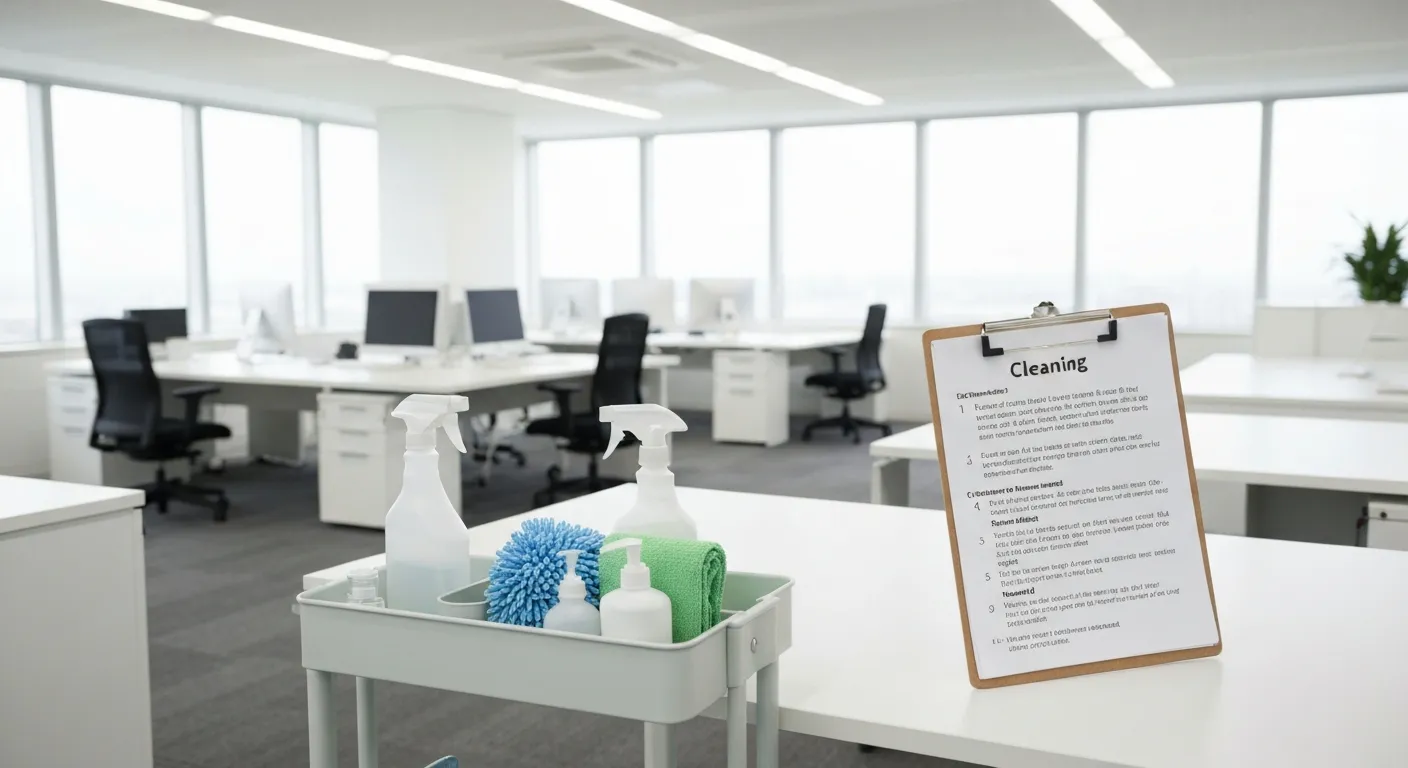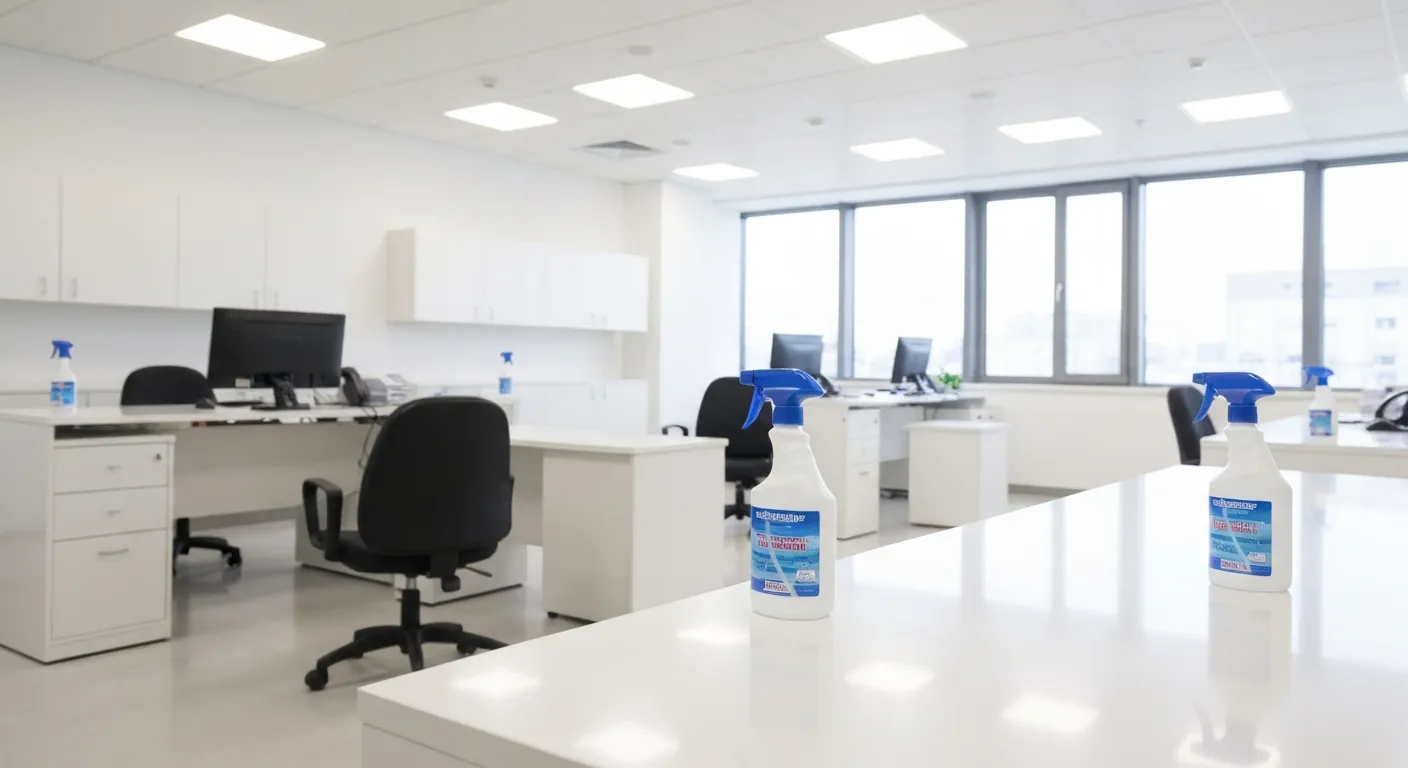Why Choosing a Licensed and Insured Cleaning Company Matters

The Critical Role of Credentials in Cleaning Service Selection
Selecting a cleaning company might seem straightforward, but choosing one that is licensed, bonded, and insured is vital to ensure professionalism, safety, and protection. This article explores why these credentials matter and how they benefit homeowners and businesses alike by safeguarding interests and guaranteeing high standards.
The Importance of Licensing in Cleaning Services
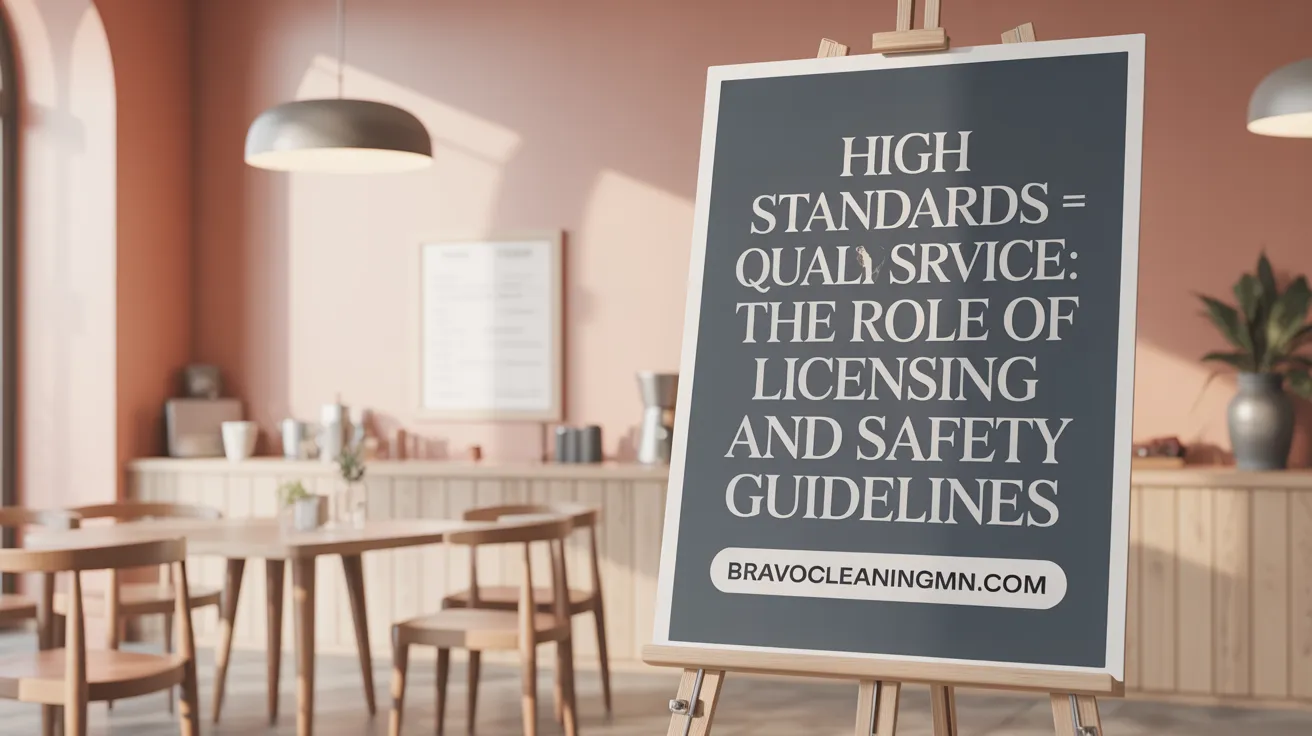
What is the purpose of licensing for cleaning companies?
Licensing verifies that a cleaning business meets all the necessary legal requirements to operate within local and state regulations. It is a formal process that ensures the company adheres to established standards of safety, quality, and professionalism. Having the proper license means the company has met specific criteria and is authorized to provide cleaning services legally.
How does licensing, bonding, and insurance protect clients?
Licensing, bonding, and insurance work together to create a safer and more trustworthy cleaning environment. Licensing demonstrates that the business complies with industry rules and regulations, which includes safety protocols and proper practices. Bonding provides a financial safety net for clients, especially in cases of theft or dishonesty, covering losses that might occur during service.
Insurance is crucial because it covers accidental damages, injuries, or other unforeseen incidents that could happen during cleaning. For example, if a cleaner accidentally damages a piece of furniture or if someone gets injured on the property, insurance ensures that the client is not held responsible financially. It also protects the company from costly lawsuits, helping maintain high standards of accountability.
How do licensing and safety guidelines influence service quality?
Licensed cleaning providers are generally required to meet specific industry standards, including staff training and the use of approved cleaning products and techniques. This adherence results in higher-quality services that are thorough, safe, and effective.
Moreover, many licensed companies follow health and safety guidelines set by organizations such as OSHA, EPA, and CDC. These standards ensure that cleaning practices reduce health risks, eliminate allergens, and prevent the spread of bacteria and viruses, creating a safer environment for clients.
What are the benefits of registration and compliance?
Registering a cleaning business and complying with health and safety guidelines signals professionalism. It reassures clients that the company operates transparently and responsibly.
Companies that hold proper licenses and adhere to safety regulations also have access to ongoing training and high-grade equipment, further enhancing service quality.
Additional protections through bonding and licensing
In addition to licensing, bonding provides an extra layer of security. It assures clients that the company is committed to honest and reliable service. Clients can file claims for damages or theft if necessary.
Overall, these credentials not only protect consumers but also give cleaning businesses a competitive edge in a crowded marketplace. They demonstrate a commitment to safety, reliability, and professional integrity that clients value highly.
| Aspect | Explanation | Additional Detail |
|---|---|---|
| Licensing | Certifies legal operation and adherence to standards | Required by law in most states, ensures credibility |
| Bonding | Protects against dishonesty and theft | Provides financial assurance in case of employee misconduct |
| Insurance | Covers damages, injuries, and liabilities | Includes general liability, workers’ compensation, auto insurance |
| Benefits for clients | Safety, liability protection, trust | Reduced risks and assurance of quality service |
| Professional standards | Training, equipment, safety guidelines | Ensures high-quality, safe cleaning practices |
Understanding and choosing a license-approved, bonded, and insured cleaning service is essential for anyone seeking dependable, safe, and professional cleaning solutions. It not only guarantees compliance with laws but also enhances trust and service effectiveness.
Understanding Bonding and Its Significance

What is bonding and why is it important?
Bonding involves a bond issued by an insurance or surety company that guarantees a cleaning company's work. If the company fails to complete a contract or causes damages, the bond provides financial protection to the client.
How does bonding protect clients?
When hiring a cleaning service, bonds act as a safety net. They cover losses from theft, damages, or incomplete work, ensuring that clients are not financially responsible for errors or misconduct.
The role of bonding in building trust and fulfilling contractual needs
Bonding enhances a company's credibility because it demonstrates financial responsibility and commitment to quality. Many contracts, especially commercial ones, require companies to be bonded as a sign of reliability.
Difference between bonding and insurance
While both provide security, bonding is a guarantee of performance and honesty, often covering specific breaches or theft. Insurance, on the other hand, protects against accidental damages or injuries during service.
Why is it crucial to hire a licensed, bonded, and insured cleaning company?
Bonding ensures that if a company fails to perform or causes harm, clients receive compensation. Combined with licensing—meaning the company complies with legal standards—and insurance—covering damages and injuries—these qualifications form a comprehensive protection package for clients.
The importance of these protections for clients
Having a cleaning company that is bonded, licensed, and insured offers peace of mind. It signifies professionalism, reduces risks, and assures that the company adheres to industry standards and regulations.
| Aspect | Purpose | Benefits |
|---|---|---|
| Licensing | Legal operation | Compliance, credibility |
| Bonding | Financial guarantee | Protects from theft, incomplete work |
| Insurance | Risk protection | Covers damages, injuries |
Insurance: Protecting Clients and Cleaning Companies Alike

What types of insurance are relevant to cleaning companies?
Many professional cleaning services carry essential insurance policies that safeguard both the business and their clients. The most common types include general liability insurance, workers' compensation, and commercial auto insurance.
| Insurance Type | What It Covers | Additional Details |
|---|---|---|
| General Liability | Damages to property and bodily injuries | Protects against property damage and injuries caused during cleaning activities |
| Workers' Compensation | Employee injuries and illnesses | Covers medical expenses and lost wages for employees injured on the job |
| Commercial Auto | Vehicles used in the cleaning service | Covers damages from accidents involving work vehicles |
These insurance policies ensure that both parties are protected from financial risks stemming from accidents, damages, or injuries.
Coverage details including damages, injuries, and lawsuits
Insurance coverage spans multiple potential risks. It typically includes protection against unintentional damages to property, injuries sustained by workers or clients, and legal claims resulting from accidents or misconduct. In case of property damage during cleaning, the company's general liability insurance would kick in to cover repair costs.
For injuries that occur on the job, workers' compensation provides necessary medical treatment and wage replacement. If injuries lead to lawsuits, general liability insurance helps cover legal expenses and settlements, thus shielding clients from legal liabilities.
Benefits for homeowners and business clients
Having an insured cleaning company offers numerous advantages. Homeowners and business clients gain peace of mind, knowing that their property is protected and that any damages or accidents will not result in out-of-pocket expenses.
This assurance allows clients to focus on their daily activities without worry about potential mishaps. Additionally, insured companies tend to uphold higher standards of professionalism and accountability, further building trust.
Peace of mind through financial protection
Overall, insurance acts as a safety net, protecting everyone involved. When cleaning companies are insured, they can address unforeseen incidents swiftly and without financial strain.
This not only ensures continual service but also demonstrates a commitment to safety and quality. Clients benefit from reduced risks and the confidence that their investment is secure.
By choosing licensed, bonded, and insured cleaning companies, clients safeguard themselves against liabilities and enjoy reliable, high-standard cleaning services that prioritize safety and professionalism.
Benefits of Hiring Certified and Insured Cleaning Services
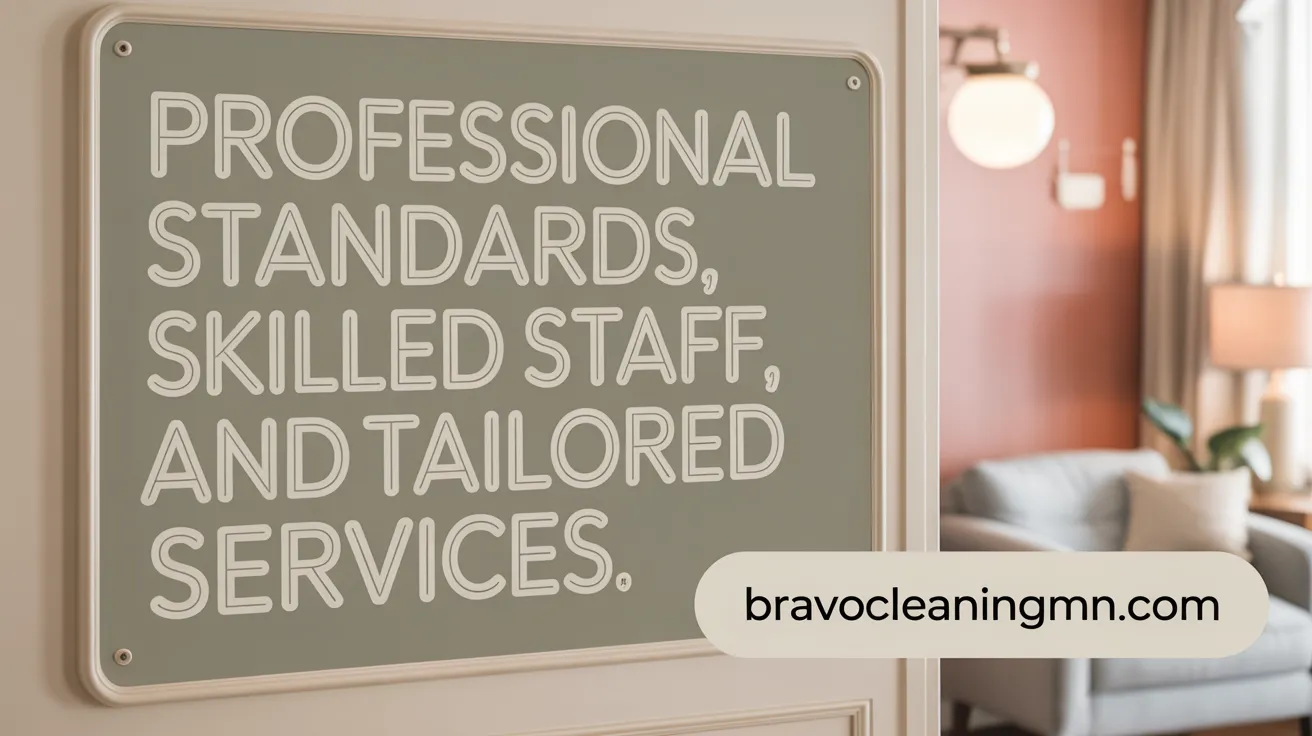
What are the benefits of choosing a certified and insured cleaning service?
Choosing such a service ensures a safer, more dependable, and higher-quality cleaning experience tailored to your specific needs.
Higher reliability and professionalism
Licensed cleaning companies are required to meet strict industry standards and adhere to local regulations. This not only demonstrates professionalism but also ensures consistent quality of service. Since their reputation depends on maintaining certifications, these companies are motivated to deliver excellent work.
Trained employees and quality assurance
Professional cleaning firms invest in comprehensive staff training, ensuring employees have the necessary skills and knowledge. These trained workers use high-grade equipment and effective cleaning techniques to eliminate allergens, bacteria, and dust efficiently. Proper training and certification mean fewer mistakes and a higher standard of cleanliness.
Customized cleaning plans and specialized services
Most professional cleaners offer tailored cleaning plans to meet the unique needs of each client. From carpet to window cleaning or disinfection protocols, these companies can provide specialized services that go beyond basic cleaning, often requiring certifications or advanced training.
Reduction of homeowner liability
Hiring licensed and insured cleaners protects you from financial liabilities if accidents or damages occur during cleaning. Insurance coverage, including general liability and workers’ compensation, covers damages and medical expenses, preventing you from bearing unexpected costs.
Enhanced trustworthiness and accountability
Companies that are licensed, bonded, and insured must rigorously vet and background-check their staff. This reduces security risks and ensures reliable, honest service. Their credentials also require ongoing compliance with regulations, which builds trust and confidence.
| Aspect | Description | Additional Details |
|---|---|---|
| Licensing | Meets local and state standards | Ensures regulatory compliance and safety |
| Insurance | Covers damages, injuries | Protects clients from liabilities |
| Bonding | Safeguards against theft or dishonesty | Often required in contracts |
| Training | Skilled and certified staff | Ensures quality and safety |
| Specialized Services | Carpet, window, disinfection | Customized options for specific needs |
This combination of licensing, insurance, and rigorous staff training makes certified cleaning companies a smart choice, offering peace of mind, quality, and safety in every cleaning job.
The Role of Background Checks and Employee Qualifications

How do background checks and other qualifications help when evaluating cleaning companies?
Background checks verify the trustworthiness, reliability, and qualifications of employees, reducing the risk of theft, damage, or unprofessional behavior and building trust in the service provider.
A reputable cleaning company invests in thorough vetting processes, including background checks, to ensure that only honest and dependable staff are employed. This reduces security risks and enhances overall safety.
Having qualified and background-checked employees means that clients can be confident in the professionalism and integrity of the cleaning staff. Employees are more likely to follow safety protocols, use proper cleaning techniques, and provide consistent, high-quality service.
Legal compliance is another crucial aspect of employee vetting. Background checks help companies avoid negligent hiring lawsuits by ensuring that all team members meet legal and safety standards. This vetting process supports the company's adherence to local laws and regulations.
Overall, employing trained, background-checked staff adds an extra layer of security and reassurance for clients. It also helps maintain the cleaning company’s reputation for integrity and professionalism, ultimately leading to better service, fewer issues, and increased trust.
Industry Standards and Regulatory Compliance: What Clients Should Know
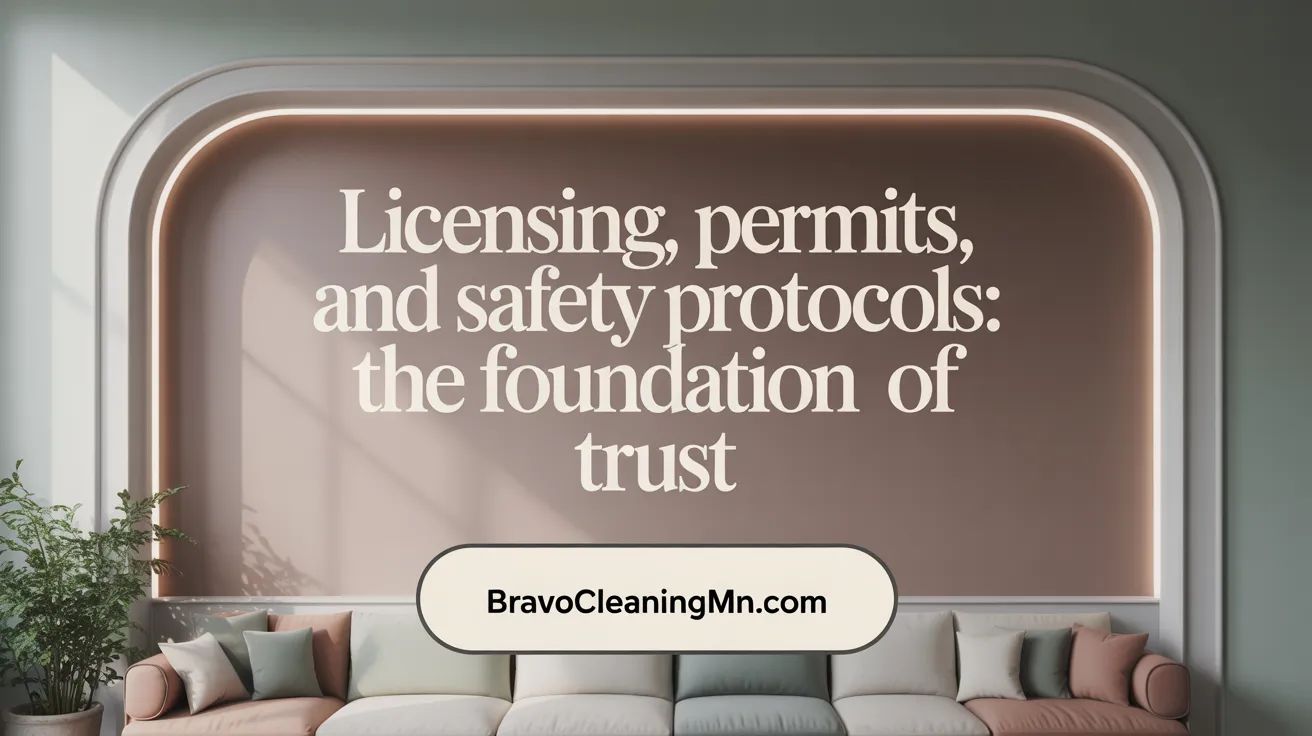
Why is it valuable to understand industry requirements related to licensing and insurance when selecting a cleaning service?
Knowing about licensing and insurance is essential because it shows the cleaning company complies with legal standards and operates responsibly. Licensed companies have met industry-specific regulations, which often include background checks for staff, proper training, and the use of safe cleaning protocols. Insurance, on the other hand, protects clients from financial liabilities if damages or injuries occur during cleaning.
Choosing a licensed and insured service minimizes risks like scams, damages, and legal disputes. These credentials guarantee that the company maintains credibility and quality, giving clients peace of mind and ensuring professional standards are met.
Understanding licensing and insurance requirements
Licensing is a legal requirement in most states for cleaning businesses. It often involves registering with local authorities, obtaining general business licenses, and sometimes special licenses like vendor or DBA (doing business as). These licenses confirm that the company is authorized to operate legally.
Insurance coverage typically includes general liability, workers’ compensation, and bonding. General liability covers accidental property damages, while workers’ compensation offers medical benefits if employees are injured during work. Bonding adds protection against theft or dishonesty.
Having the proper licenses and insurance is not only a legal obligation but also demonstrates professionalism, reliability, and a commitment to safety.
Legal permits and business structures (DBA, LLC, vendor licenses)
Many states require different permits for cleaning companies. Common licenses include:
| License Type | Purpose | Additional Details |
|---|---|---|
| Business License (DBA) | Operate under a trade name | Needed if business operates under a different name than the owner’s |
| LLC License | Limited liability protection | Protects personal assets from business liabilities |
| Vendor License | Collects sales tax | Required when selling cleaning supplies or services in some states |
Operating without these licenses can lead to penalties, fines, or even closure. Proper licensing ensures the business meets local legal standards.
Compliance with health and safety protocols (CDC, OSHA, EPA, HIPAA)
Professional cleaning companies adhere to health and safety guidelines set by organizations like the CDC, OSHA, EPA, and HIPAA. These standards include using approved cleaning products, following safety procedures, and adopting disinfection protocols that prevent the spread of illnesses.
For example, during health crises like COVID-19, specialized disinfection techniques are vital. Companies following these guidelines demonstrate a serious commitment to safety and client well-being.
Compliance with these regulations safeguards clients, employees, and the environment. It also helps companies avoid legal penalties and improves service quality.
Avoiding legal risks and penalties by choosing compliant companies
Selecting a cleaning service that is licensed, bonded, and insured reduces the risk of legal issues. Licenses show the company operates legally, while insurance protects against potential damages or injuries.
Bonding provides an additional layer of security, especially against theft or dishonest practices. Moreover, background checks on staff increase trust and reduce security concerns.
Choosing compliant companies supports responsible business practices, encourages high standards, and ensures that clients receive safe, reliable, and legal services.
| Aspect | Importance | How It Helps |
|---|---|---|
| Licensing | Legality | Ensures the company is authorized and meets industry standards |
| Insurance | Financial protection | Covers damages and injuries, preventing client liability |
| Bonding | Security | Offers extra protection against theft or dishonesty |
| Staff background checks | Trust | Ensures employee reliability and reduces security risks |
Being informed about these aspects helps clients make educated decisions, protecting their property, health, and financial interests.
Saving Time, Money, and Stress with Professional Services
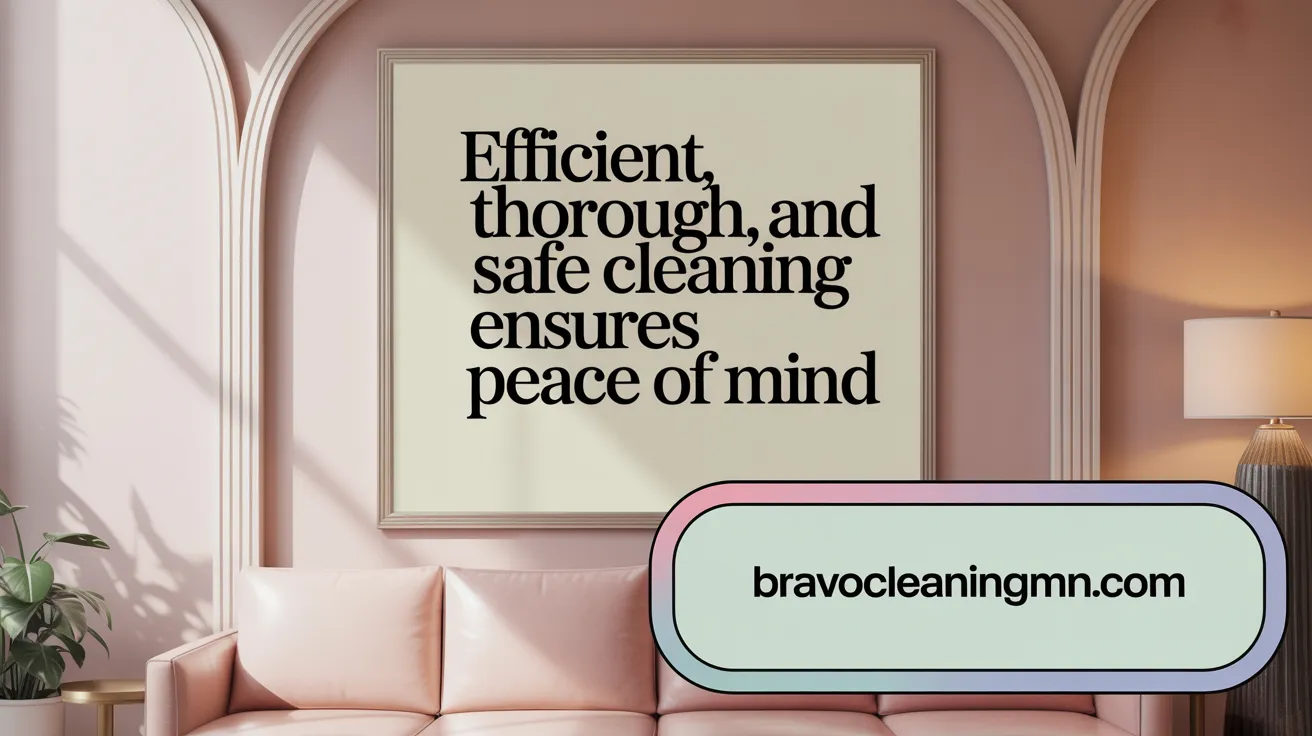
How do licensed and insured cleaners improve efficiency and thoroughness?
Licensed cleaning services are committed to high standards and proper training, ensuring their staff works efficiently and delivers top-quality results. These professionals are skilled in using the latest techniques and equipment, leading to more thorough cleaning.
What makes their equipment and cleaning products safer and more effective?
Professionals invest in high-grade equipment and environmentally friendly cleaning products. This not only improves cleaning quality but also reduces health risks associated with harsh chemicals, contributing to healthier indoor environments.
How do professional services reduce the need for rework or additional services?
By employing trained staff and the right tools, licensed cleaners get the job done right the first time. This minimizes the chances of needing re-cleaning, saving money, time, and reducing inconvenience for clients.
In what ways do proper cleaning techniques enhance home health and safety?
Professional cleaners use effective products and proven methods to eliminate allergens, dust, and bacteria. This helps in creating a safer living space, reducing illness and promoting better overall health.
| Benefit | Details | Additional Notes |
|---|---|---|
| Efficiency | Skilled staff complete tasks quickly | Reduces cleaning time |
| Thoroughness | Use of proper equipment ensures deep cleaning | Better hygiene and sanitation |
| Health and Safety | Use of safe, effective products | Less chemical exposure |
| Cost Savings | Fewer reworks and quick results | Less money spent on additional services |
Hiring professional cleaning services brings peace of mind by saving your time and reducing stress. Their commitment to quality and safety ensures your home stays clean, healthy, and inviting, all while you focus on what matters most.
Competitive Advantages of Licensed, Bonded, and Insured Cleaning Companies

How do licensing, bonding, and insurance improve a company’s market position and attract clients?
Having a license, bond, and insurance significantly enhances a cleaning company's reputation. Customers trust companies that meet legal and safety standards, making them more likely to choose these providers over less regulated competitors. Licensing proves adherence to industry laws, bonding assures additional protection against theft or dishonesty, and insurance covers damages or accidents, providing peace of mind. Combined, these factors make a company more appealing to clients seeking professionalism and reliability.
How does a cleaning service demonstrate its commitment to high standards and ongoing staff training?
Licensed and insured companies invest in their employees through background checks, training, and certification programs. This ongoing education ensures that staff are knowledgeable about the latest cleaning techniques and safety protocols, leading to higher-quality services. Additionally, proper equipment and environmentally friendly supplies used by reputed companies further promote safety and cleanliness, underpinning their commitment to maintaining industry standards.
How does working within regulatory frameworks support business growth?
By complying with local licensing, bonding, and insurance requirements, cleaning companies position themselves to scale sustainably. This adherence avoids legal penalties, allows access to larger contracts, and builds a reputation for professionalism. Proper documentation also helps companies attract larger clients, including commercial entities that require strict compliance with safety and insurance standards.
What advanced cleaning methods and specialized services can licensed, bonded, and insured companies provide?
These companies often offer tailored solutions such as deep disinfection, carpet and window cleaning, and eco-friendly treatment options. Their ability to deliver specialized services is supported by their credentials and commitment to ongoing training, which ensures they meet the highest standards for health and safety. Such capabilities give them a competitive edge in both residential and commercial markets.
Summary Table of Benefits
| Aspect | Details | Additional Benefits |
|---|---|---|
| Market Positioning | Legal compliance, reputation for professionalism | Attracts larger clients, competitive advantage |
| Staff Training | Certified, background checked, ongoing education | Higher quality, safer cleaning practices |
| Business Growth | Regulation adherence, compliance | Access to bigger contracts, scalable operations |
| Specialized Services | Deep cleaning, eco-friendly options | Higher customer satisfaction, market differentiation |
Why Licensing and Insurance Are Non-Negotiable for Cleaning Services
Choosing a cleaning company that is licensed, bonded, and insured is more than just a regulatory formality—it is a crucial decision that protects clients from financial risk, ensures high-quality standards, and fosters trust and professionalism. These credentials guarantee that the company adheres to legal requirements, employs trustworthy and well-trained staff, and carries sufficient insurance to cover accidents, damages, or theft. Understanding the importance of these factors empowers homeowners and businesses to make informed decisions, securing peace of mind and superior service quality. Ultimately, investing in a licensed and insured cleaning company is investing in safety, reliability, and a cleaner, healthier environment.
References
- Does it matter if a house cleaning service is licensed, bonded ...
- The Benefits of Choosing Licensed and Insured Cleaners
- Should You Get Insurance and Bonding for Your Cleaning ...
- Why Your Cleaning Company Should Be Licensed, Insured ...
- What Licenses and Insurance Are Needed to Start ...
- Why Hiring a Licensed and Insured Cleaning Company Is ...
- The Importance of Hiring a Commercial Cleaning ...
- What to Look for in a Commercial Cleaning Company
- Cleaning Business Insurance and Bonding: What you need ...



